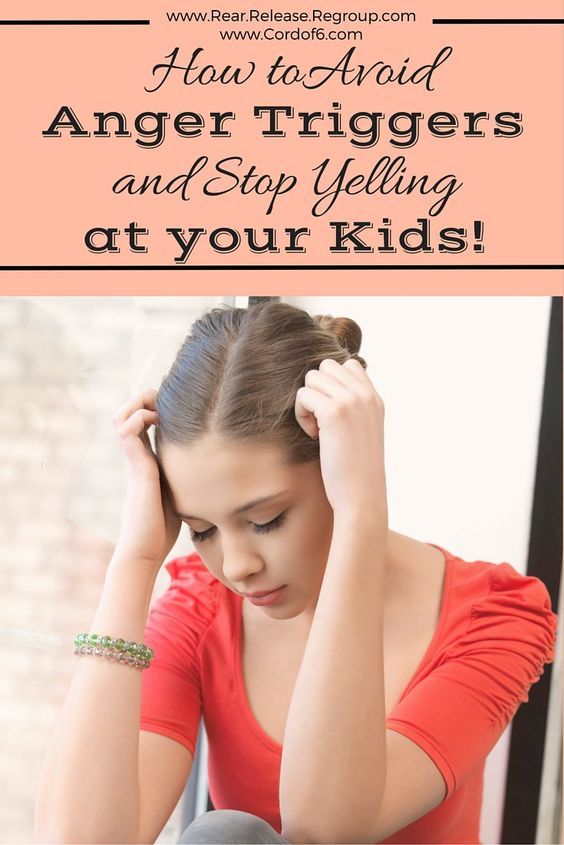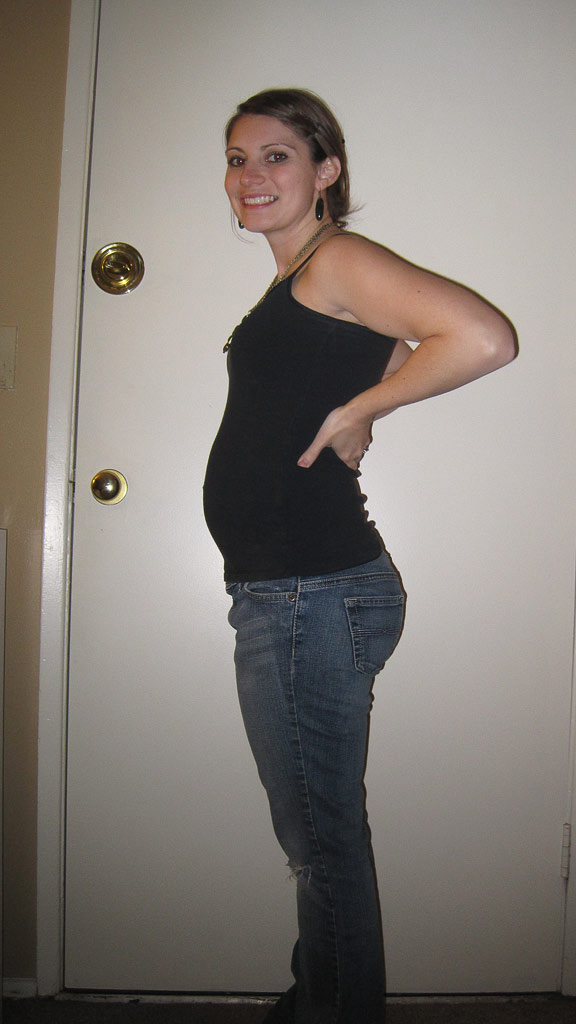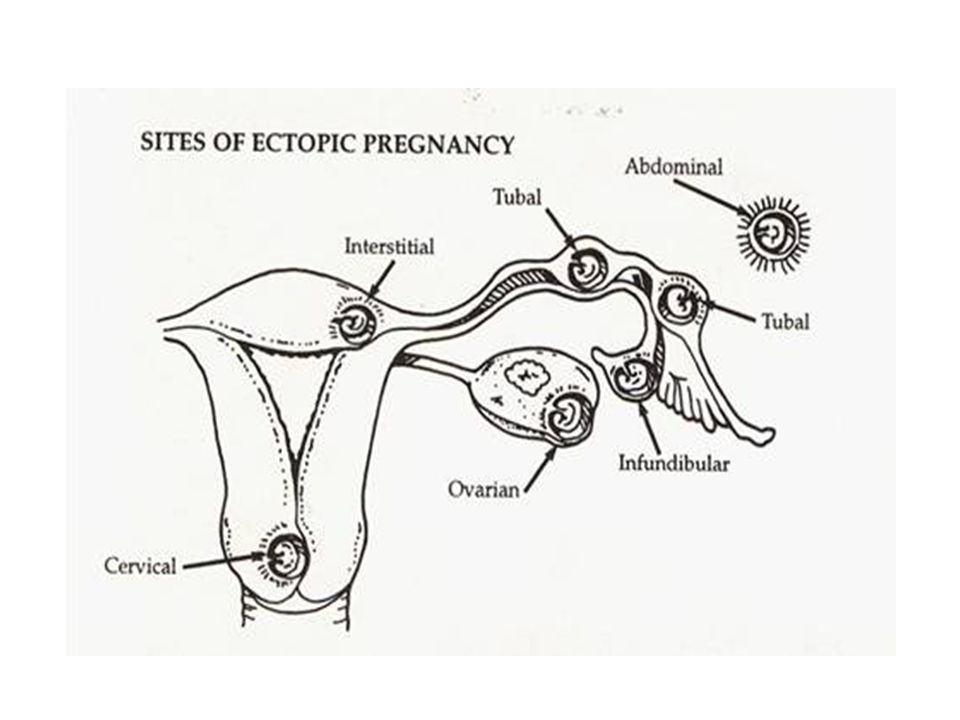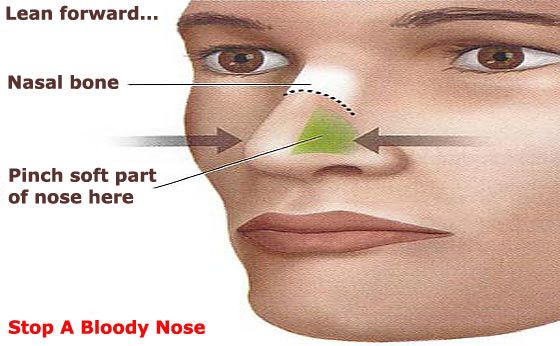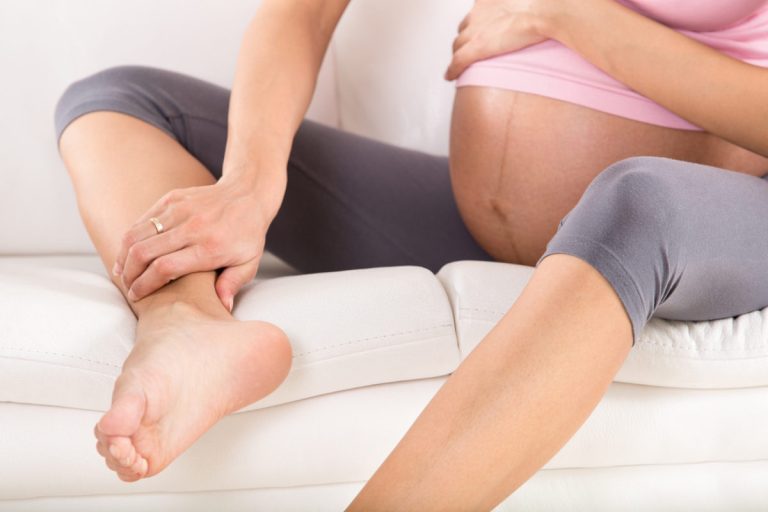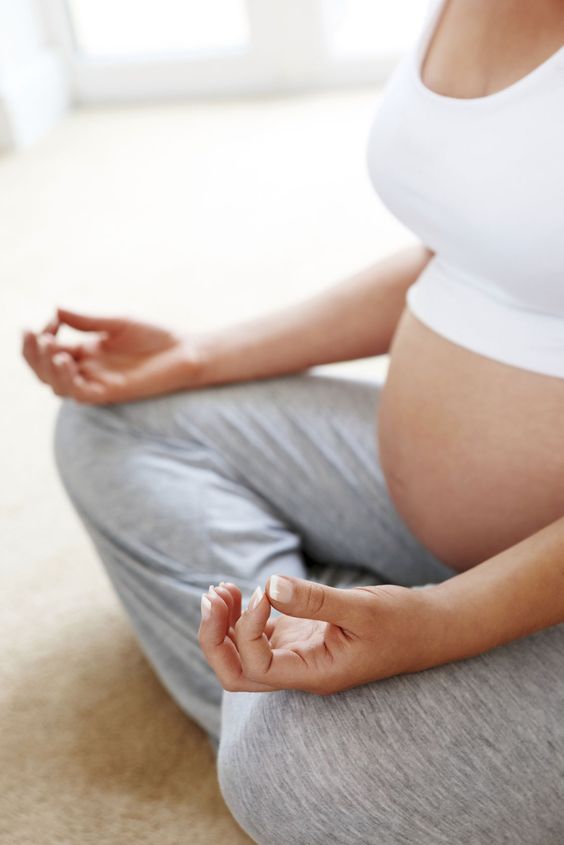Giving your children up for adoption
Putting a Child Up for Adoption Age Limit
Whether your child is a few months or even a couple years old, and you aren’t sure if you can continue parenting, you have options available to you. If you are considering adoption, you might be wondering, “At what age can I put my baby up for adoption?” Technically speaking, you are able to place your child for adoption at any age.
That being said, the adoption process does get more difficult as your child gets older. The longer you parent your child, the more attached to one another you will both become, making the adoption transition difficult to adjust to.
Many adoption agencies aren’t equipped to handle placements of children over the age of 5. Most potential adoptive families are looking to adopt an infant or newborn. While this may be hard to hear, adoption isn’t out of the question, and you have other options available to you as well.
In this comprehensive article, you will learn about your options for placing your child for adoption at any age.
Placing your 1-Month-Old Up for Adoption
Can you put your baby up for adoption at 1 month old?
The answer is always yes. Choosing adoption for your 1-month-old is a brave and selfless decision. Maybe you thought you were prepared to raise your baby but are now realizing that you may not be able to give your baby the best life possible. Adoption is definitely an option that is available to you.
The adoption process for a 1-month-old won’t look too different from a newborn adoption. However, you have spent a month with your baby, and you may find the separation difficult, even if you know that this is the right choice for you and your baby.
While your adoption professional will require more information from you when placing older children for adoption, the process remains relatively the same for children ages 0-4 years of age. The process is as follows:
- Step 1: Find an adoption professional. It’s important to find the adoption professional that can meet all your needs.
 Once you find the professional you feel is right for you, they can answer your questions and help you create your adoption plan for putting your 1-month-old up for adoption.
Once you find the professional you feel is right for you, they can answer your questions and help you create your adoption plan for putting your 1-month-old up for adoption. - Step 2: Choose the adoptive family. Your adoption professional will match you with adoptive families that fit your criteria. You will then be able to review the adoptive family profiles and choose the perfect family for your baby.
- Step 3: The adoptive family will be notified. When you have made your decision, the adoptive parents will be notified. While it is not required, you always have the option of meeting the adoptive family in person.
- Step 4: Discuss post-placement contact. If you have chosen an open adoption for your baby, you can come up with a post-placement contact arrangement with the adoptive family and your child.
- Step 5: Finalize the adoption. At this stage, you will officially consent to the adoption of your child.
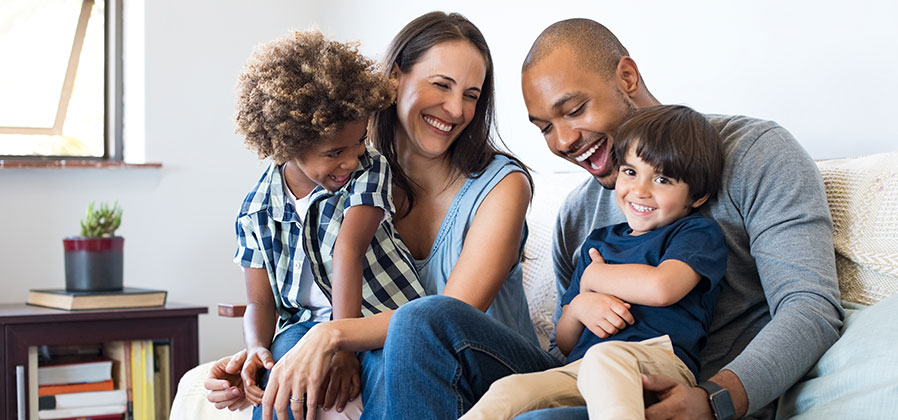 Your adoption professional can answer any questions you have and will make sure all the proper documents are signed.
Your adoption professional can answer any questions you have and will make sure all the proper documents are signed.
Whether you’re considering “giving a baby up” for adoption after it’s a week old, 2 weeks old or 4 weeks old, “giving up” for adoption is never “giving up.” It is a selfless sacrifice made out of deep unconditional love for your child. Get started today by contacting an adoption agency.
Placing Your 2-Month-Old for Adoption
By this point, you may have begun to bond with your baby. Your child will begin to develop an attachment with you and you to them at this age. This might make choosing adoption more difficult. We understand that you want what’s best for your baby, and you feel that adoption is the best adoption.
You will need to factor the birth father’s parenting rights into your decision. After you have had your baby for 2 months, friends and family may judge you for your decision. It’s important to remember that this is your decision to make, not theirs.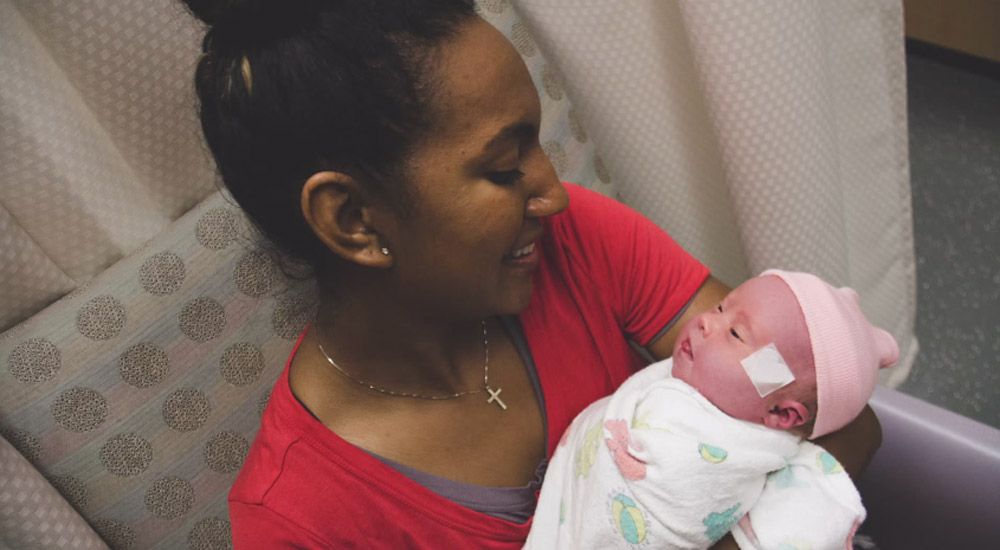
If you know that adoption is right for you and are wondering, “How do I put my 2-month-old up for adoption?” an adoption professional can help you get started today. This professional will always respect and admire you for making this brave decision, and they can walk you through how to put a 2-month-old baby up for adoption.
How to Put My 3-Month-Old for Adoption
If you have been parenting your baby up to this point, you may be wondering, “Can you give your baby up for adoption at 3 months old?”
Not only is the answer yes, but adoption can be the perfect way to provide your baby with an amazing life. This is a brave an selfless decision, but it is also a challenging one. Your baby is developing their sense of attachment. At 3 months old, your baby may have come to recognize you as their primary caregiver. This can make choosing adoption more emotionally difficult. These conflicting emotions are valid. Even though you know it’s what is best for you and your baby, it doesn’t mean you can’t experience feelings of grief and loss.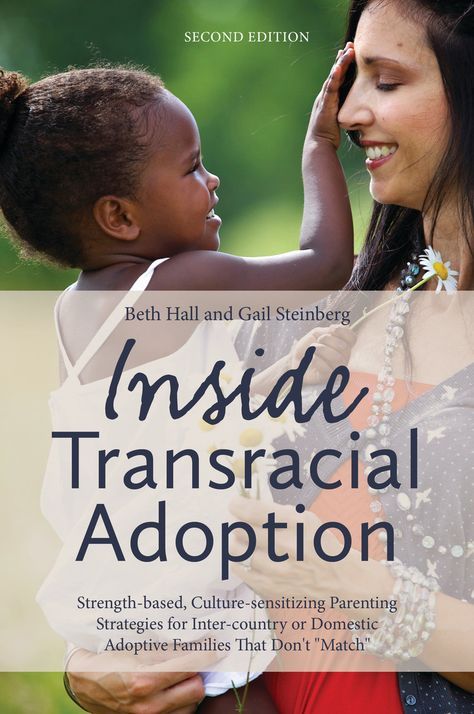
If the birth father has settled into a parenting role, you will need to be aware of his rights in adoption. You may face backlash from friends and family who don’t agree with your decision. Remember, this is your decision to make, nobody else’s. Reach out to an adoption professional that can help you navigate the adoption process and cope with the overwhelming emotions you may experience.
How to Place My 4-Month-Old for Adoption
At , you might be overwhelmed by the thought of placing your baby for adoption. You have had time to bond with your child, and the adoption transition can be difficult. If you know that this is the best choice for you and your baby, adoption is still an option for you. Reach out to an adoption professional that can help you cope with the difficult emotions of the adoption process and help you create an adoption plan.
Placing My 5-Month-Old for Adoption
At 5 months old, your baby is still an infant but adoption at this point will be different than newborn adoption. Your baby has begun to recognize your voice and differentiate you from other caregivers. Your baby is forming a stronger attachment to you, which could make choosing adoption more difficult.
Your baby has begun to recognize your voice and differentiate you from other caregivers. Your baby is forming a stronger attachment to you, which could make choosing adoption more difficult.
The attachment you have formed might make you wonder “What if I regret my decision?” Speaking with an adoption professional can help you navigate these concerns so that you can make the choice that is best of you and your baby. They can also walk you through how to put a 5-month-old up for adoption, if and when you are ready to move forward.
Putting a 5-month-old up for adoption may be one of the most emotionally challenging things you ever do, but it can also be one of the most rewarding. This is a brave, loving and selfless choice that can provide your baby with an amazing future.
How Do I Place My 6-Month-Old for Adoption?
After parenting your baby for 6 months, you might be wondering if it’s too late to choose adoption. Adoption is still very much an option for you, and there are many adoptive families for a baby at 6 months old.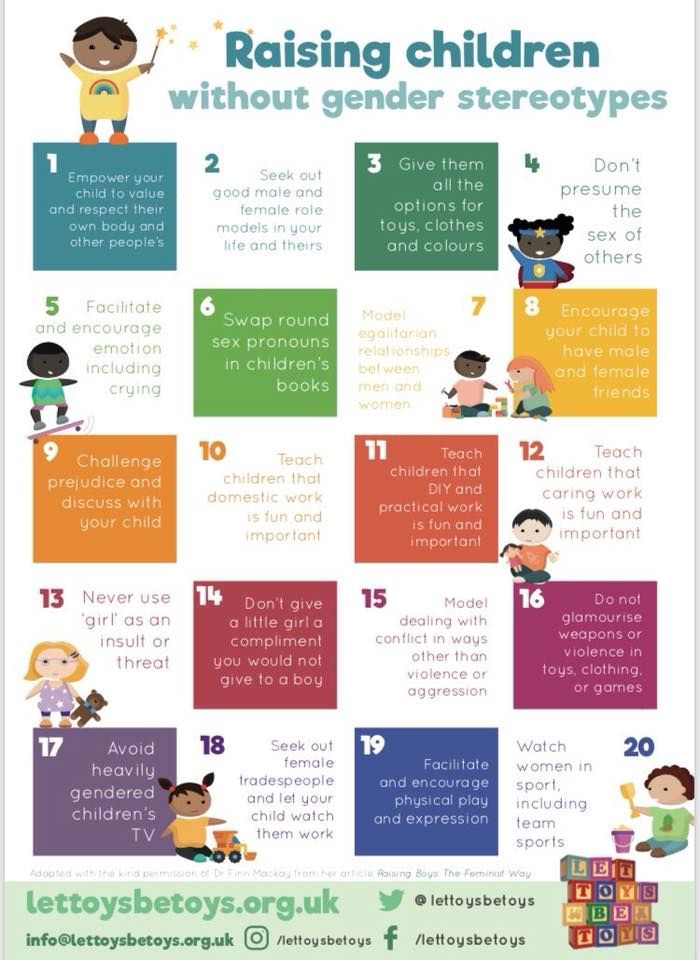 Friends and family may try to talk you out of “giving up” your baby for adoption at 6 months. You know what’s best for you and your baby, and you are the only one who can make this choice.
Friends and family may try to talk you out of “giving up” your baby for adoption at 6 months. You know what’s best for you and your baby, and you are the only one who can make this choice.
At 6 months, your baby has likely developed a strong attachment to you at this point. He or she may feel anxious in your absence. This attachment will not make choosing adoption any easier. You might be worried that your child will resent you for your decision, but this is very unlikely. With today’s adoptions, you have the opportunity to stay connected with your child after placement. Your child will know that you made a selfless decision out of love by placing them for adoption.
If you are wondering, “Should I give my baby up for adoption at 6 months?” remember that you are the only one who can make this decision. If you want to talk with a trained adoption counselor about what this process could look like for you, contact an adoption agency today.
Putting My 7-Month-Old Up for Adoption
If you are asking, “Can I still give my baby up for adoption at 7 months?” know that the answer is yes.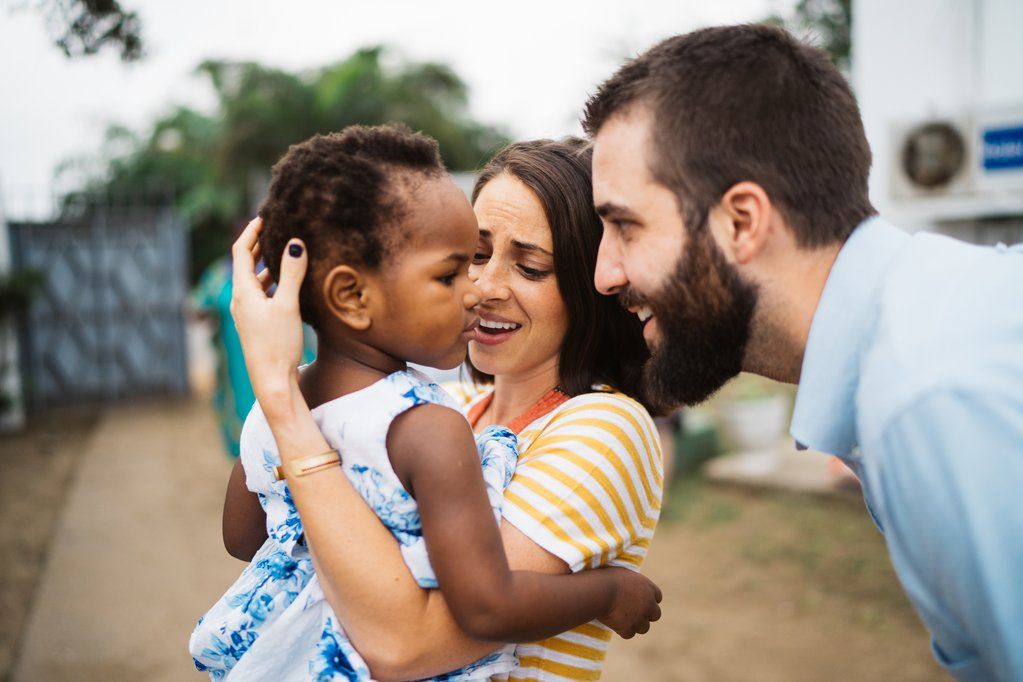 It is never too late to “give a baby up” for adoption, even after 7 months.
It is never too late to “give a baby up” for adoption, even after 7 months.
While placing your child for adoption is a selfless decision, it is not without its challenges. Your baby has made leaps and bounds in their development at 7 months. They are becoming more aware of the world around them and notice when you are not nearby. This attachment can make considering adoption even harder.
You may experience opposition from friends and family who may try to tell you that you are taking the “easy way out.” This couldn’t be further from the truth. Adoption is a difficult and selfless choice that comes from a place of love. You will need to provide your adoption professional with additional information for the adoption process, such as: a copy of your child’s birth certificate, medical records, documentation of where the child has lived, record of who has provided financial support for the child, and any record of child support provided by any father.
If you are ready to start the adoption process for your 7-month-old, you can get free information now by contacting an adoption agency here.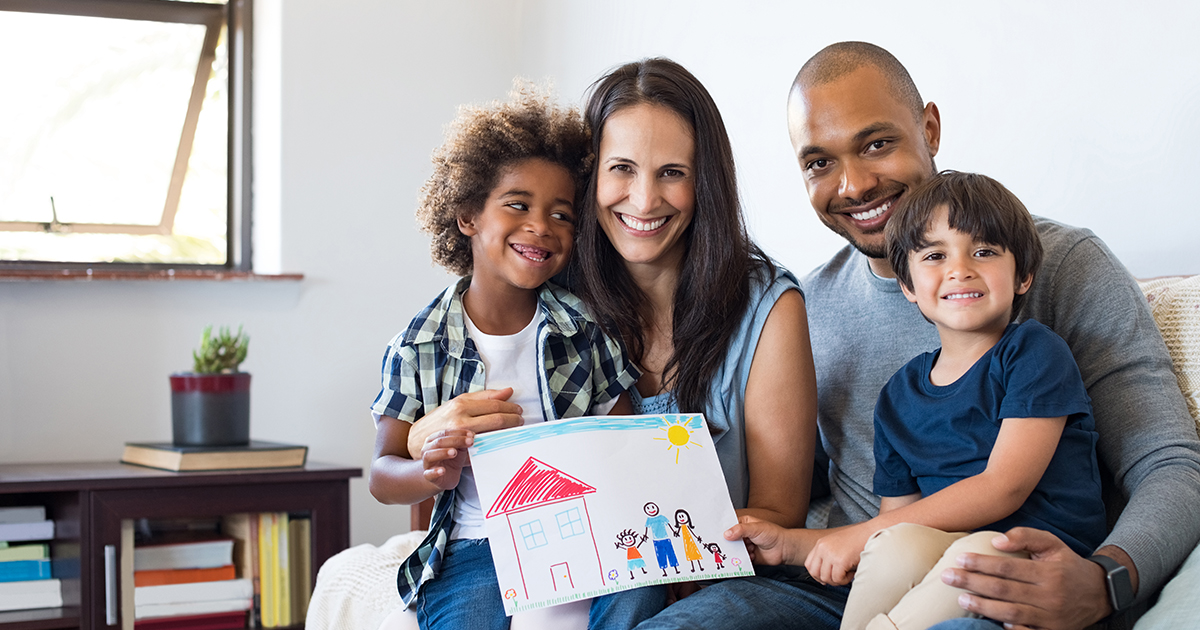
How to “Give My 8-Month-Old Up” for Adoption
“Giving up” a baby for adoption at 8 months is absolutely an option for you.
While adoption is never an easy decision, you may find it more difficult to place your 8-month-old for adoption. You have likely formed an attachment with your baby. They have developed object permanence, and may become fussy when you’re not close by.
The birth father will also have rights in the adoption. If he has been involved in raising your child, you will need to be aware of those rights. You will want to talk to him about your decision and discuss what the adoption plan will look like. You will also have to discuss your adoption plan with relatives and friends who may not agree with your choice.
Despite some of these potential challenges, placing your 8-month-old for adoption can be one of the most rewarding and worthwhile things you ever do. If you want to get more information about this brave and selfless choice, contact an adoption agency today.
Placing My 9-Month-Old for Adoption
Placing your 9-month-old for adoption is a valid choice. While it is a similar process to infant adoption, it is often more difficult due to your baby having developed an attachment to you and you to them.
You might be worried that your child will hate you for “giving them up.” This couldn’t be further from the truth. You are never “giving up” by choosing adoption, and with today’s adoptions, you have the option of staying in contact with your child after they have been placed with their adoptive family. Over time your child with grow understand that you chose adoption out of love.
If you would like to learn more about placing your baby for adoption at 9 months, contact an adoption agency today to get free information.
Placing My 10-Month-Old for Adoption
Placing a 10-month-old for adoption is an option for you. Reasons you might be considering adoption for your 10-month-old could be due to financial struggle, not having the support you need to raise your baby or not being able to pursue your dreams and raise a child at the same time.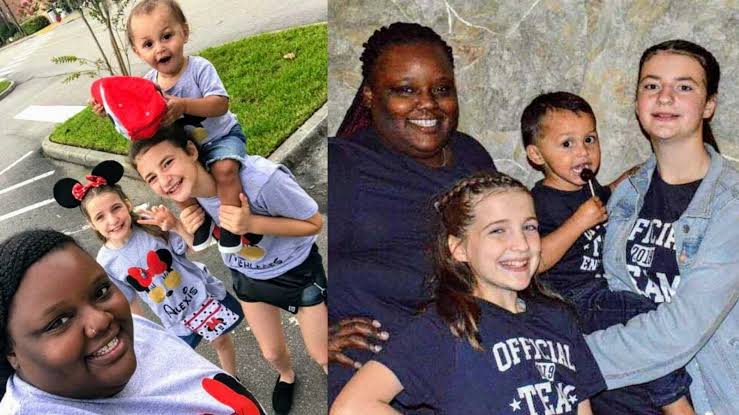
Since your baby has established you as their primary caregiver, placing them for adoption can be very difficult for you. We understand that you are making this decision to give your baby the best life possible. If you choose to have an open adoption, you will still be able to be a part of your child’s life and watch them thrive.
To learn more about adoption for 10-month-olds or to start the process today, get more free information here.
How Do I Put My 11-Month-Old Up for Adoption?
Adoption is always a brave and selfless decision. However, the longer you raise your child before placing them for adoption, the harder it may be emotionally. You will have bonded with your child significantly by the time they are 11 months old, and separating from them can be overwhelming.
Adoption for an 11-month-old is also more complicated in terms of the information you will need to provide. You will be asked to provide your child’s birth certificate, medical records, the father’s name on the birth certificate, any child support provided by any father, and documentation of everywhere your child has lived, etc.
None of this is meant to scare you from pursuing adoption for your 11-month-old. If you are sure that adoption is right for you and your baby, it will be worth overcoming all of these challenges to provide your child with an amazing life. To learn more, get free information here.
Placing my 1-Year-Old for Adoption
If after a year, you are sure that you will not be able to continue parenting, you might be wondering if it’s too late to choose adoption. You could be asking, “Is it possible to give your kid up for adoption after a year old?” The short answer to this question is, yes. “Giving” a one-year-old child up for adoption can be one of the most rewarding and worthwhile things you ever do, because it can provide you and your child both with a brighter future. But the process of putting a 1-year-old up for adoption is not without its unique challenges.
By this point, you will likely have formed an in-depth attachment with your baby. This can make placing them for adoption more difficult when the time comes.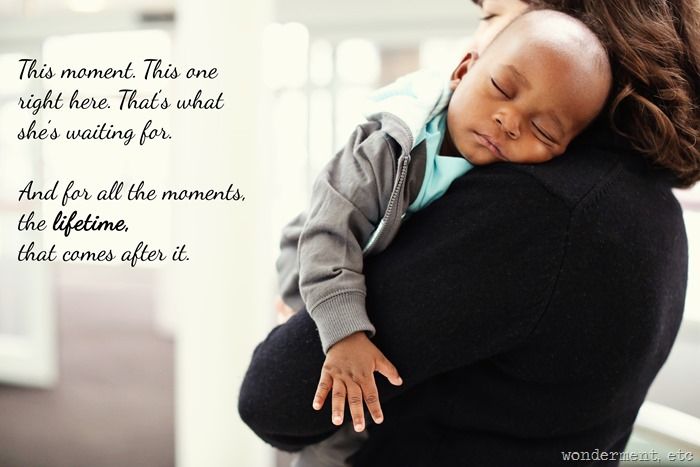 You will also have to consider your child’s health, behavior and the father of the child and how all of these factors may affect the adoption process. You will also be required to provide your adoption professional with the child’s birth certificate, health records, proof of financial aid provided by any father, and documentation of everywhere the baby has lived.
You will also have to consider your child’s health, behavior and the father of the child and how all of these factors may affect the adoption process. You will also be required to provide your adoption professional with the child’s birth certificate, health records, proof of financial aid provided by any father, and documentation of everywhere the baby has lived.
That being said, you can place your child for adoption as a one-year-old, and the right adoption professional will help you through every step. To learn more today, get free adoption information here.
Placing my 2-Year Old for Adoption
Can you give your baby up for adoption at 2 years old?
How do you give a child up for adoption after 2 years?
I want to put my 2-year-old up for adoption. Where do I start?
These are common questions for many prospective birth mothers. First, know that the answer is yes, putting a 2-year-old up for adoption is possible, and there are many adoption agencies for 2-year-olds that can help you through the process.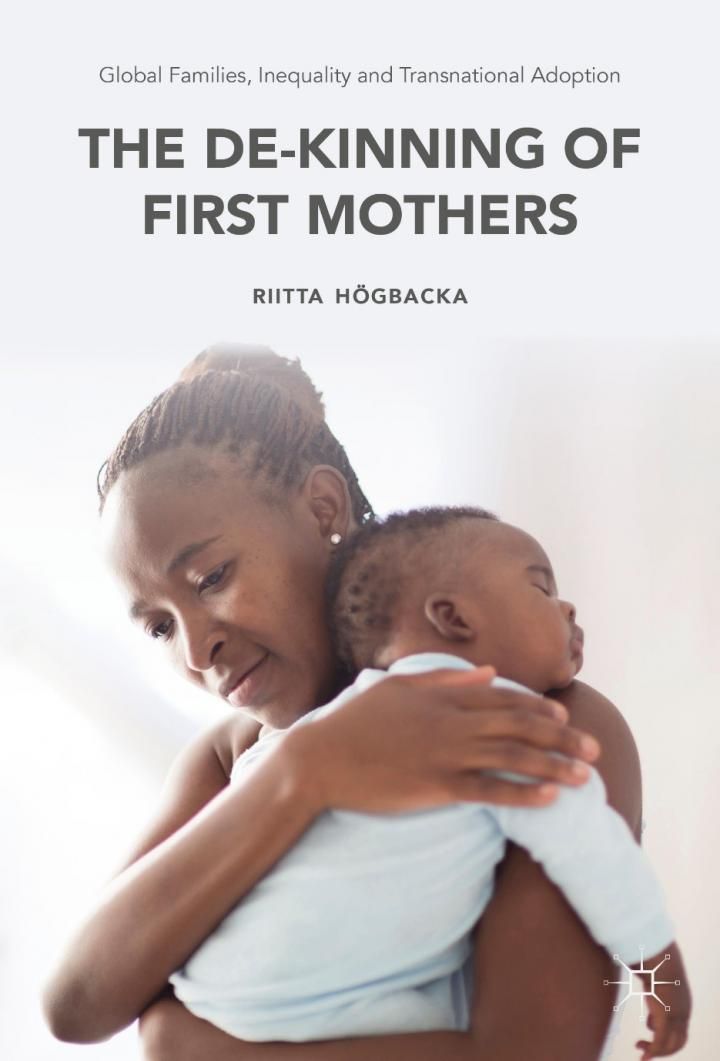 There are many families looking to adopt a two-year-old, and this process can provide your child with an amazing life full of love and opportunity.
There are many families looking to adopt a two-year-old, and this process can provide your child with an amazing life full of love and opportunity.
However, if you are considering placing your 2-year old for adoption, it’s important that you are aware of the difficulties that come with this decision. You have bonded with your child for two years, which can make the separation much more difficult than if your child were a newborn. You might consider talking to an adoption counselor who can help you cope with these emotions.
You will have to consider factors such as your child’s health and behavior development, as well as how the father of the baby feels about your decision to choose adoption. While there are many loving families who would love to adopt a 2 year old, there may be fewer of these than of those looking to adopt a newborn. This means there could be a longer waiting period when finding the right family.
With these challenges in mind, putting a 2-year-old up for adoption can be an amazing choice for you and your child in the long run.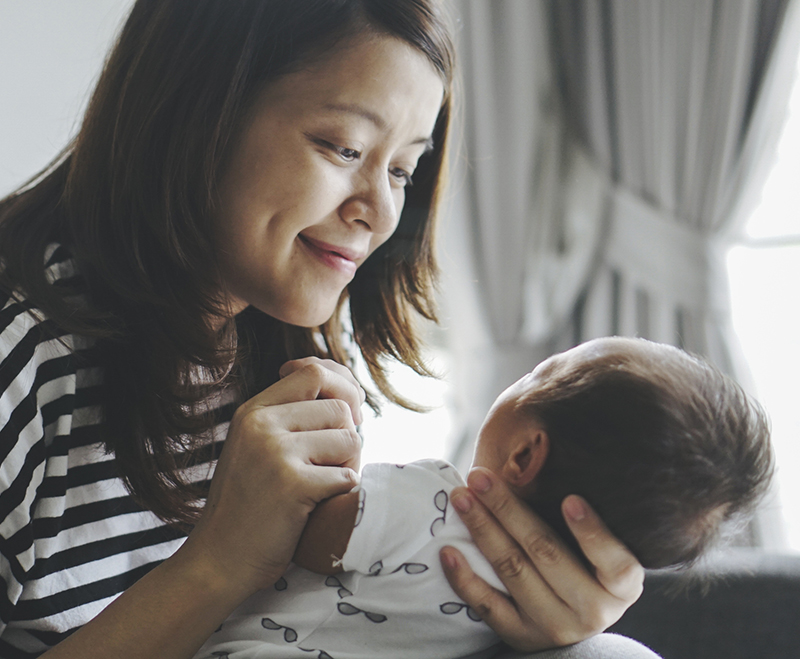 To learn more about how to put a 2-year-old up for adoption, get free information here.
To learn more about how to put a 2-year-old up for adoption, get free information here.
Placing my 3-Year-Old for Adoption
After 3 years of raising your child, you have had enough time to develop at attachment to your child, and they have likely become dependent on you. Their development has advanced in many areas. They can walk and maybe even speak in full sentences. After all of the time you have spent bonding with your child, adoption can be incredibly difficult.
While it’s less common, you can place your 3-year-old child for adoption. Most domestic agencies handle the placement of infants with some agencies will handling the placement of children up to age 4. If you’re wondering “How can I place my 3 year old for adoption?” consider reaching out to an adoption professional to get more information about your options and the many benefits of adoption such as 24/7 counseling, financial assistance, being able to choose the adoptive family, and more.
Putting my 4-Year-Old Up for Adoption
If you are considering adoption for your 4-year-old, this is a decision that comes from a place of love. Even if you feel like you are not ready to parent, the adoption transition can be incredibly difficult. Your child has developed an attachment to you and you to them than can make adoption hard to cope with.
Even if you feel like you are not ready to parent, the adoption transition can be incredibly difficult. Your child has developed an attachment to you and you to them than can make adoption hard to cope with.
While you may experience difficulties with the adoption transition and the logistics of placing a 4-year-old for adoption, adoption is still a beautiful choice to give your child the life they deserve. There are many families looking to adopt a 4 year old to give them a loving and supportive home. If you’re asking yourself “How do I put my 4 year old up for adoption,” contact an adoption professional to get more information on the process and the services available to you when you work with an adoption agency.
Putting a Child Up for Adoption at Age 5
At age 5, your child is likely at the maximum age that most adoption agencies are equipped to handle the placement of. So, if you are asking, “Can you put a baby up for adoption at the age of 5?” the realistic answer is that your options for doing so may be more limited.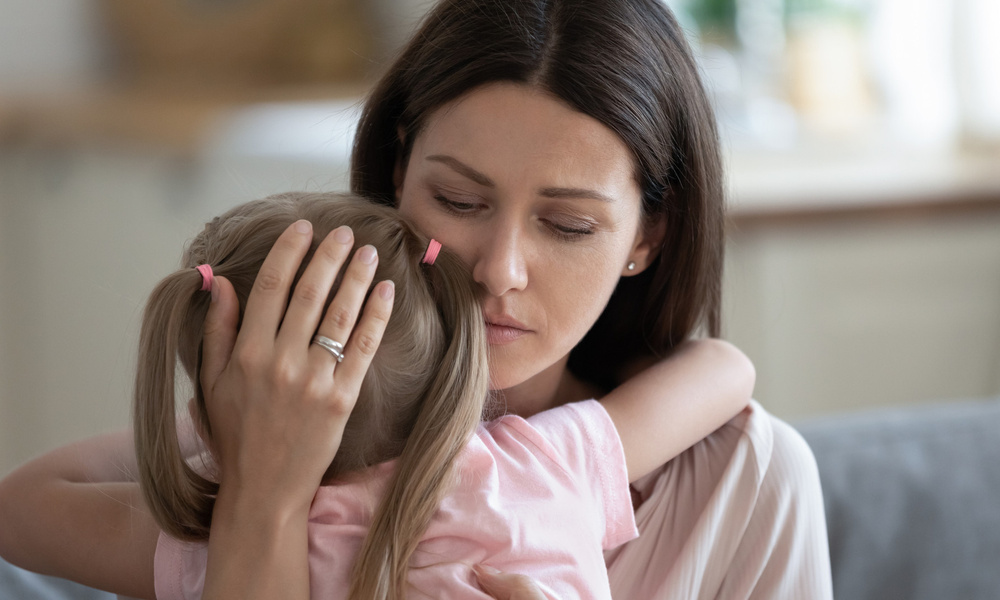 While fewer families are looking to adopt a 5-year-old, adoption may still be an option, so it is always worth reaching out to different adoption agencies to learn more about this possibility.
While fewer families are looking to adopt a 5-year-old, adoption may still be an option, so it is always worth reaching out to different adoption agencies to learn more about this possibility.
The adoption transition will be more difficult than an infant adoption. Both of you have had time to become attached to one another. Your child has had time to develop their own patterns and behavior, and transitioning to a new family could disrupt these patterns. There may also be additional steps to putting a child up for adoption at age 5, because you will need to provide additional information and documentation for your child regarding his or her health history, documentation of financial support provided by any father, and more.
You are not a bad parent for considering adoption for your 5-year-old. You are actually the best parent for having the awareness to acknowledge that you may not be able to give your child the life they deserve. Adoption is always a selfless choice that comes from a place of love, and your child will grow to understand this.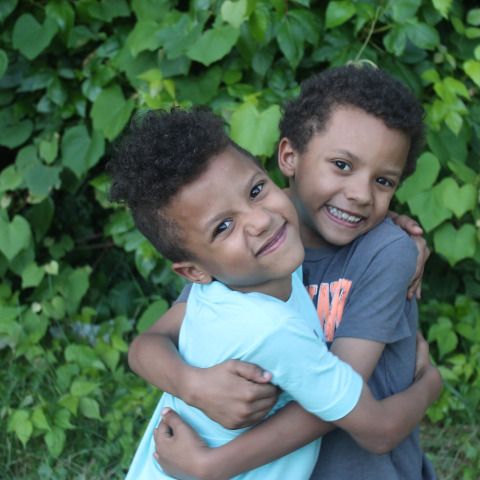
Finding an Adoptive Family for a 6-Year-Old
While finding an adoptive family for a 6-year-old is difficult, you may still have options available to you. Most private adoption agencies are not equipped to handle the placement of an older child. The best option for you could be to reach out to a social service professional that can put you in touch with resources such as financial assistance or Medicaid, which can improve your situation to make parenting easier. Alternatively, if you know someone willing to adopt your 6-year-old, you could arrange a private adoption or temporary guardianship with them through a local adoption attorney.
“Giving a 7-Year-Old Up” for Adoption
Adoption is a brave and selfless choice that comes from a place of love. Most adoption agencies will not be able to provide you with the services you need to “give your 7-year-old up” for adoption. However, you may still be able to work with a local adoption attorney to arrange a kinship adoption or a temporary guardianship with a family member or friend.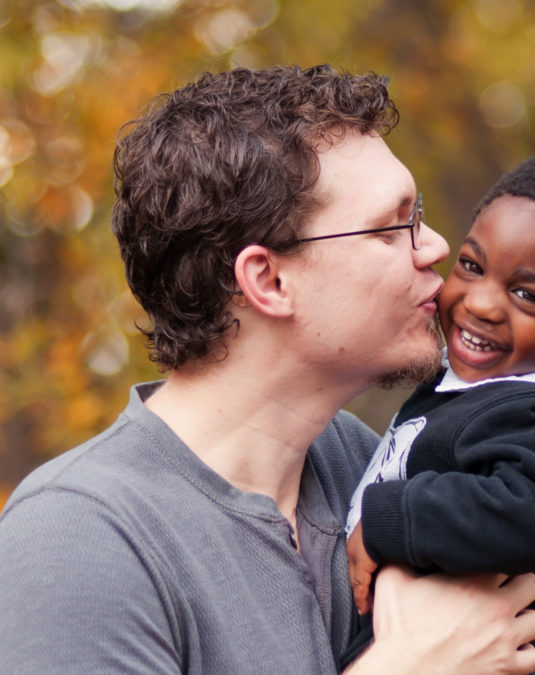 If this option appeals to you, reach out to an adoption attorney near you to learn how to put a 7-year-old up for adoption with a relative.
If this option appeals to you, reach out to an adoption attorney near you to learn how to put a 7-year-old up for adoption with a relative.
At this age your child has their own understanding of the world around them and their own behavior needs. You should acknowledge these needs with care with any potential adoption.
Putting an 8-Year-Old Up for Adoption
At 8 years old, your child has their own set of needs and their own unique personality. Putting a child up for adoption at age 8 can be challenging and finding a family looking to adopt an 8 year old might be difficult, though not impossible. Even so, your child has likely made friends and developed a routine. The adoption transition can be incredibly hard on your child, as the process could disrupt the patterns they have established. Consider reaching out to a social service professional so that they can discuss options with you that may improve your circumstances and allow you to continue parenting.
Adoption for My 9-Year-Old
While placing your 9-year-old for adoption is an option, transitioning to a new family as this age can be incredibly difficult for a child.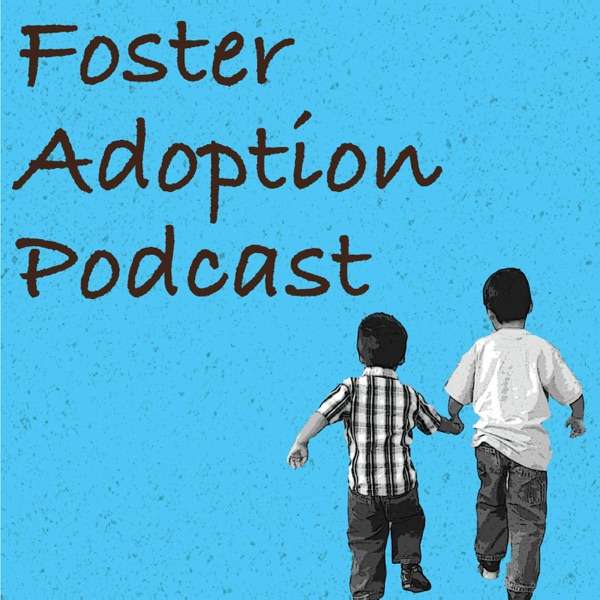 They are beginning to develop their own sense of the world around them, and the adoption process can disrupt the routine they have established. If you’re wondering “Can I ‘give my 9 year old up’ for adoption?” the answer is yes. Keep in mind, though you are making this decision out of love, the attachment you have developed to your child can make considering adoption an emotionally painful decision.
They are beginning to develop their own sense of the world around them, and the adoption process can disrupt the routine they have established. If you’re wondering “Can I ‘give my 9 year old up’ for adoption?” the answer is yes. Keep in mind, though you are making this decision out of love, the attachment you have developed to your child can make considering adoption an emotionally painful decision.
If you don’t want to lose your child but don’t feel that you can raise them on your own, you have options available to you. You could see if you have a family member or close friend who would be willing to help care for your child while you work to improve your circumstances. If this isn’t a realistic option for you, reach out to a social service professional that can help you find local resources that may allow you to continue parenting or talk to an adoption professional to discuss the possibility of finding adoptive parents for your 9 year old.
Placing My 10-Year-Old for Adoption
If you have landed on this article, you may be asking, “Can I put my 10-year-old up for adoption?”
You are not alone in having this question. Parenting is difficult, and you may be at a point where you feel that your child should be placed with another family. However, the answer to this question for a child of this age can be a bit complicated.
Parenting is difficult, and you may be at a point where you feel that your child should be placed with another family. However, the answer to this question for a child of this age can be a bit complicated.
While adoption is a brave and selfless choice, most adoption agencies are not equipped to handle the placement of older children, since most hopeful adoptive families are hoping to adopt a newborn or infant. If you aren’t sure if you can continue raising your 10-year-old, reach out to a social service professional who can direct you to resources that may be able to allow you to continue you parenting, or contact a local family law attorney to discuss your options.
How to Put Your 11-Year-Old Up for Adoption
Your child is reaching an emotionally sensitive age in terms of their development. Choosing adoption for your child at this age could make things incredibly difficult for both of you. Aside from the emotional complications of the adoption transition, finding people who want to adopt an 11 year old may also be difficult.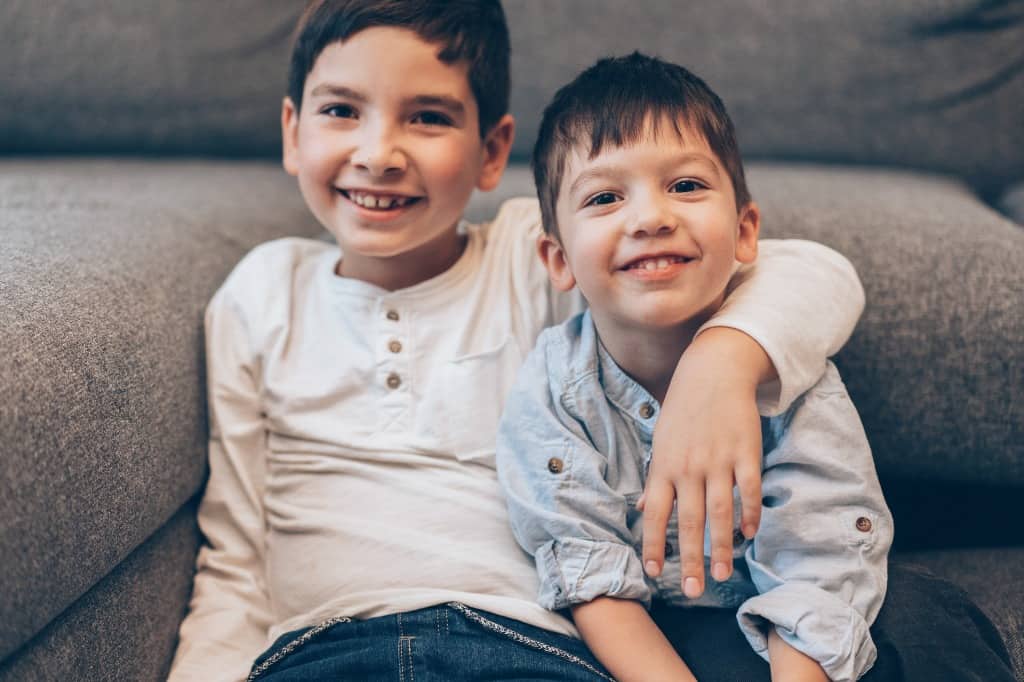 If you are considering adoption for your 11-year-old or wondering how to put your 11 year old up for adoption because your circumstances are working against you, reach out to a social service professional that can put you in touch with local resources that may be able to improve your situation.
If you are considering adoption for your 11-year-old or wondering how to put your 11 year old up for adoption because your circumstances are working against you, reach out to a social service professional that can put you in touch with local resources that may be able to improve your situation.
Finding an Adoptive Family for a 12-Year-Old
Adoption can be difficult choice to make for your 12-year-old. While there are families that looking to adopt an 12 year old, most hopeful adoptive parents are looking to adopt an infant or newborn. If you are certain that you cannot continue parenting or aren’t sure if you want to put up your 12 year old for adoption, you have alternatives available to you. You can reach out to social services that can equip you with resources that could improve your situation and allow you to continue parenting.
Can I Put My Teenager Up for Adoption?
While you can place your child for adoption as long as they are under the age of 18, the process can be incredibly difficult.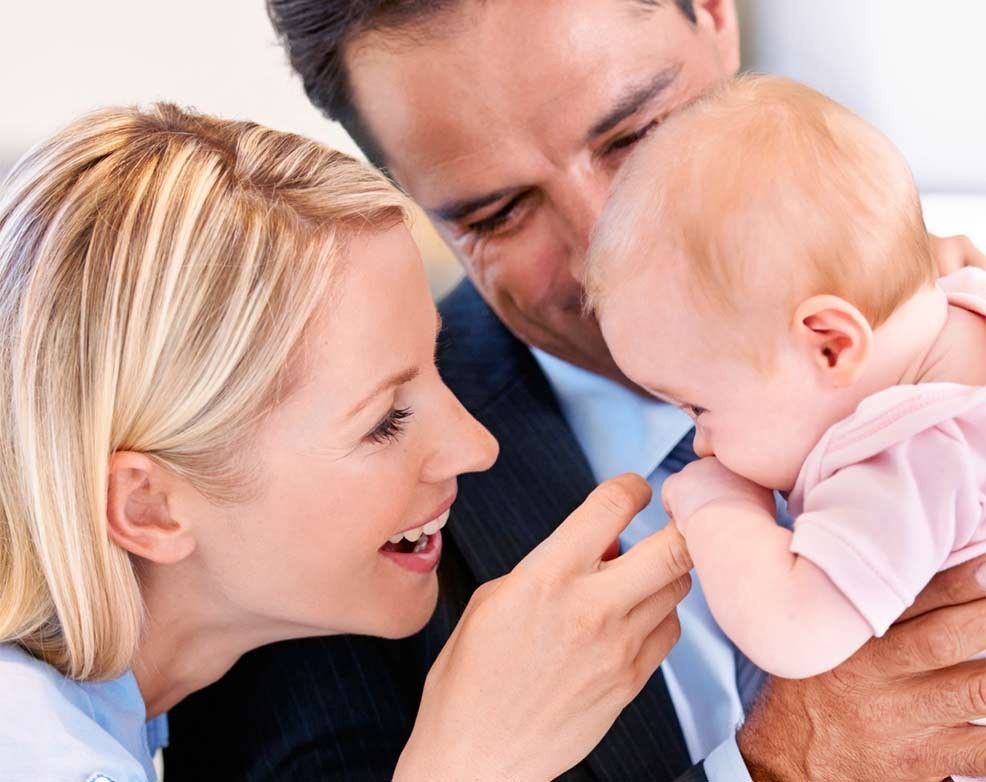 Teenage adoption isn’t nearly as common as infant adoption, and is rarely, if ever, carried out by private adoption agencies. While you are valid in feeling overwhelmed by the difficulties of raising a child, adoption might not always be the best decision.
Teenage adoption isn’t nearly as common as infant adoption, and is rarely, if ever, carried out by private adoption agencies. While you are valid in feeling overwhelmed by the difficulties of raising a child, adoption might not always be the best decision.
Not only is it harder to find an adoptive family for a teenager, but your child’s development has progressed significantly. Their behavior and health may factor into the challenges of the adoption process. Transitioning into a new family as a teenager can be emotionally difficult, as it may disrupt the life they have established.
Finding an Adoptive Family for My Teenager
While there are absolutely people that want to adopt a 13-year-old or older teenager, most of these families will work with their state foster care system to locate potential adoption opportunities. This makes it difficult to find families looking to adopt 16-year-olds, 15-year-olds, and other teenagers. Unlike for newborn and infant adoptions, there are not private agencies with lists of waiting couples who want to adopt a teenager, and you should be extremely cautious before searching for an adoptive family looking to adopt a teenager online; not only can this be incredibly dangerous, but it may also be illegal.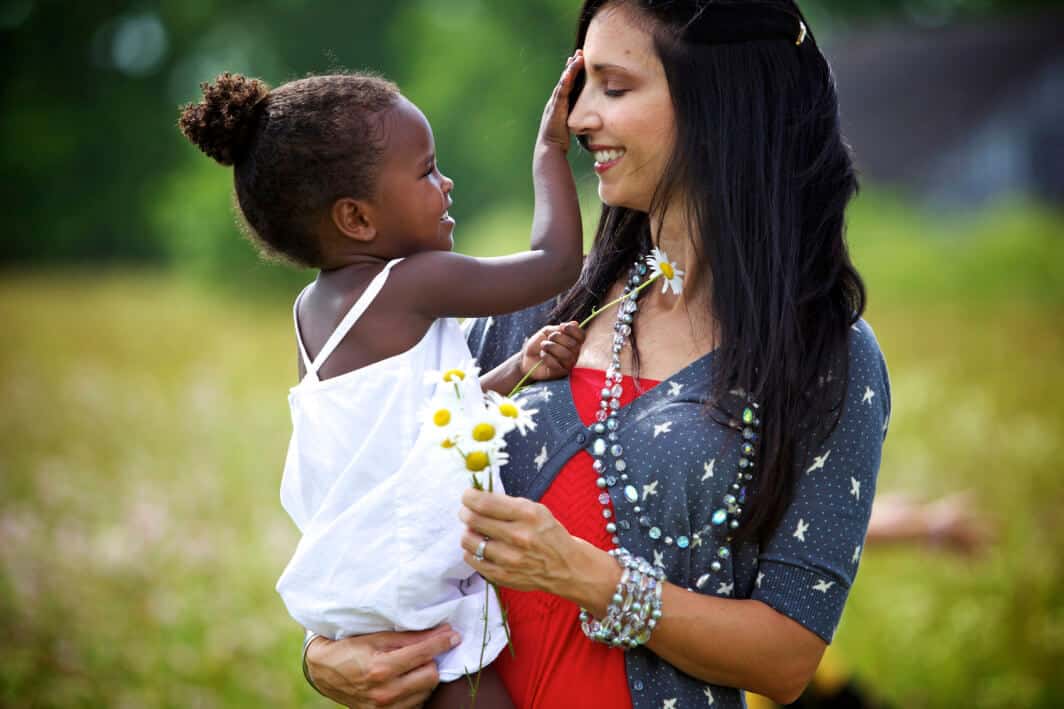
Since domestic adoption for a teenager may not always be the best decision, you do have other options available to you. You could consider a kinship adoption. In this case, you will be able to place your teenager with a relative or close friend whom you trust, providing they agree with the adoption plan.
With this type of adoption, you should always work with an adoption attorney. You should not try to complete a kinship adoption on your own. Working with an attorney can ensure that the proper steps are being followed and that the placement is legitimate. Contact a local adoption attorney today to learn how to “give a teenager up” for adoption to a friend or family member.
Alternatives to Adoption for Older Children
Even though adoption at any age is always a brave and selfless choice, it may not always be the best choice as your child gets older. The emotional difficulty that can accompany the adoption transition as your child gets older can be too much to handle.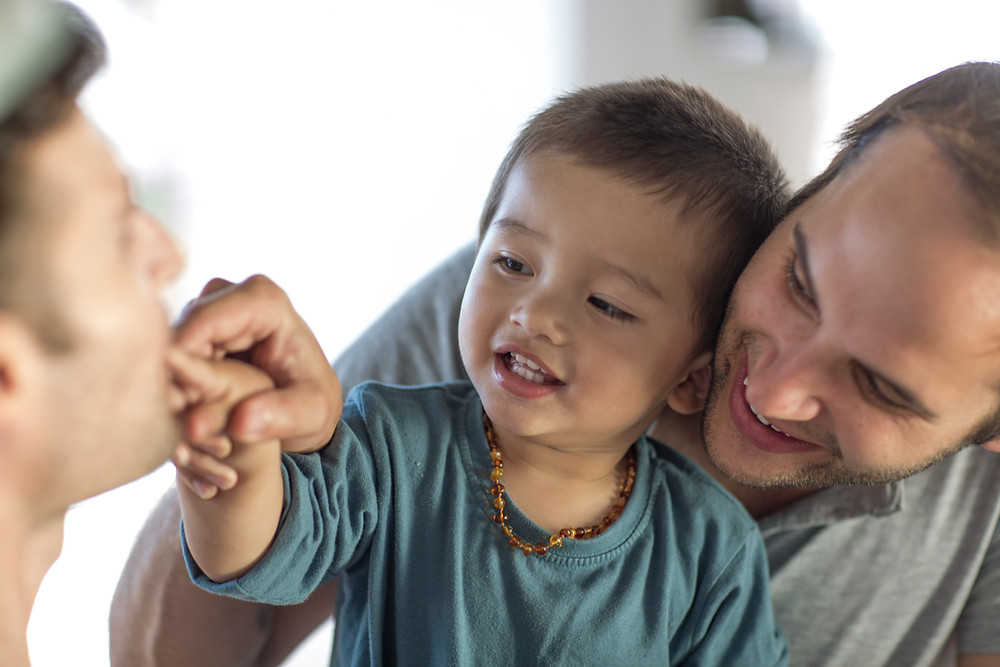 Not only this, but adoptions for older children are more complicated logistically. It’s often harder to find an adoption agency that will perform placements for older children due to adoptive families typically looking to adopt newborns or infants.
Not only this, but adoptions for older children are more complicated logistically. It’s often harder to find an adoption agency that will perform placements for older children due to adoptive families typically looking to adopt newborns or infants.
Fortunately, there are other options available to you.
- Contact social services. There are many state-run programs that can provide you with local resources and services, such as affordable housing, Medicaid, and financial assistance. A little help in the right areas can help make parenting possible.
- Kinship adoption. If you are certain you want to pursue adoption, kinship adoption could be a possibility. With this type of adoption, your child can be placed with a relative or close friend that who agrees with the terms of the adoption plan.
- Temporary legal guardianship. If you are not able to raise your child in the way they deserve, temporary legal guardianship may be realistic for you.
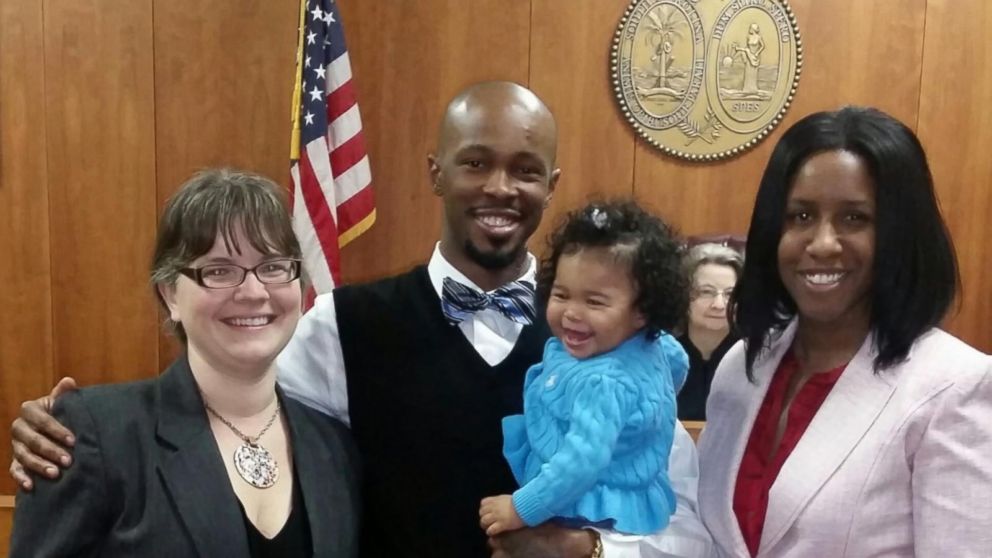 This arrangement would allow you to legally place your child in the care of a guardian who would raise your child for a set amount of time. You will be able work on stabilizing your life and resume custody after the agreed upon amount of time has passed.
This arrangement would allow you to legally place your child in the care of a guardian who would raise your child for a set amount of time. You will be able work on stabilizing your life and resume custody after the agreed upon amount of time has passed. - Reach out. If you are feeling overwhelmed by parenting responsibilities, maybe you just need a little help. Reach out to friends and family members who might be willing to watch your child for a day or two, while you take some time to rest and clear your mind.
Resources for Parenting:
- Social Services
- Women, Infants, and Children
- Special Needs Assistance
- Medicaid
- Head Start
Closing Thoughts
While placing your child for adoption at any age is possible, it’s not always easy. We understand that you just want what’s best for your child. There are options available to you that can help you give your child the life they deserve, full of love and support.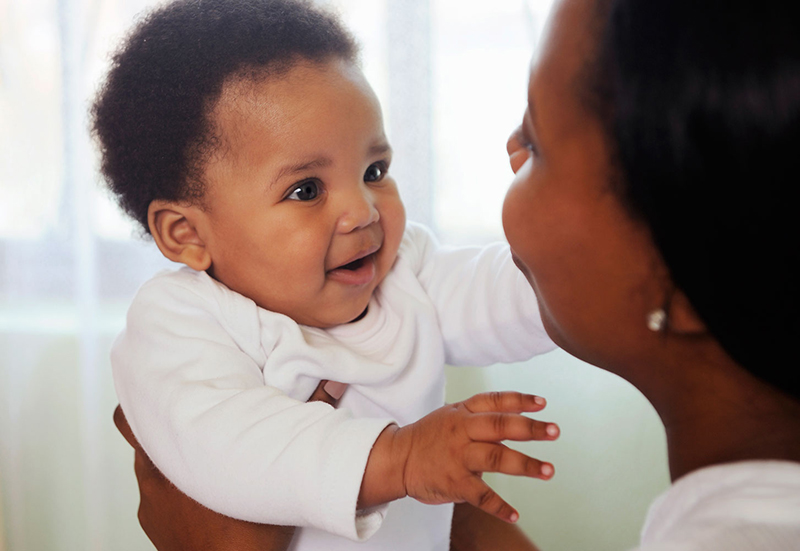
If you are considering placing an infant, toddler or preschooler for adoption, a private adoption agency can help. Reach out today to get the free information and support you need to take your next steps.
Ready to get started? Contact an adoption agency now to get free information.
American Adoptions - Is It Possible to Give an Older Child Up for Adoption? [How the Older Child Adoption Process Works]
You may be facing the hardest situation of your life, but there is hope — for yourself, and for your child. Putting an older child up for adoption — whether they are an infant or a toddler — is possible. Call 1-800-ADOPTION now to learn more or to get started.
If you’re considering placing an older child for adoption today, we want you to understand:
-
How the process works
-
How American Adoptions can help
-
What you can do today
While each process is unique, there are some big steps involved in every older child adoption.
Once you understand how it works, you might have a better idea of if placing an older child for adoption is right for you. Or, you could come to see that other avenues of support are better for your situation.
To get more information and find support today, click here or call 1-800-ADOPTION.
Please know that American Adoptions is unable to provide adoption services for children over 4 years old. If you are considering adoption for a child older than 4 years, we have created this guide to your options.
How to Put an Older Child Up for Adoption
Step 1: Decide if Placing an Older Child for Adoption is Right for You
Let’s be honest: parenting is hard. There are emotional, financial and physical challenges.
At what point do those challenges begin to feel so overwhelming that adoption becomes the best option for your family?
The answer is different for every woman. Some signs that adoption may be right for you are:
-
You are financially unable to provide basic needs for yourself and your child.
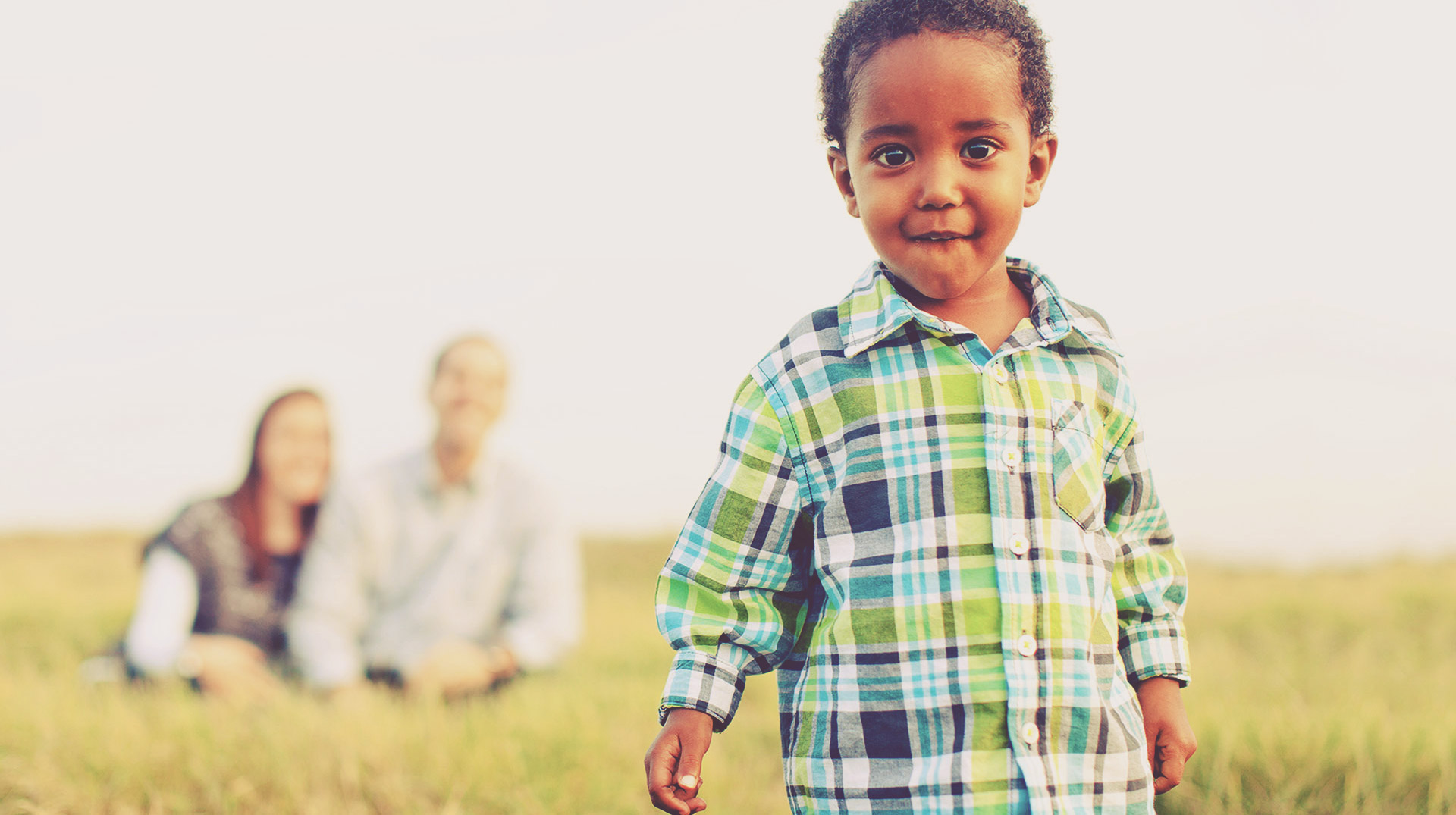
-
The demands of parenting feel unbearable on your physical and mental health.
-
You believe that a loving adoptive family could provide your child with an amazing life.
Casey, a birth mother who worked with American Adoptions, thought that parenting would work out, even though she knew things wouldn’t be easy. For a while, she seemed to be getting by.
But, between shifts for her overnight job and day job, throwing together a meal and trying to prep notes for a babysitter, she began thinking that there may be something better — for herself and for her children.
“I didn’t have family support… everything was on my own,” she said. “I was just contemplating, ‘What can I possibly do now that would make a difference for our future and provide my sons with the life that I would like to give them?’”
The answer, for Casey and her children, was adoption.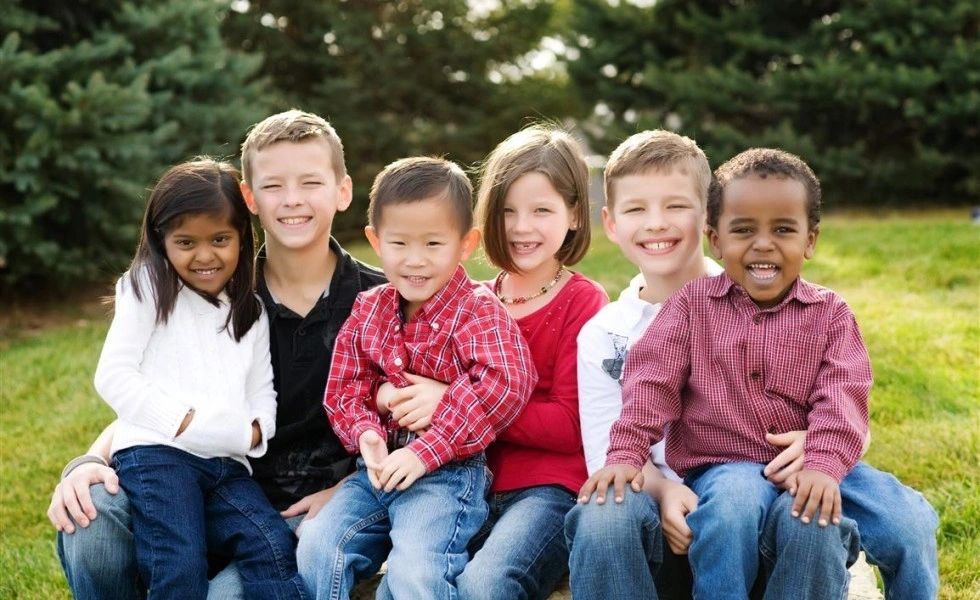 That doesn't mean it was an easy choice — putting your child's needs first, not only today but in the future, can be hard.
That doesn't mean it was an easy choice — putting your child's needs first, not only today but in the future, can be hard.
But, placing an older child for adoption might be the answer for you, too.
No matter what your reasons are, we want you to know that adoption is not “giving up” on your child. Even though “giving up an older child for adoption” is a common phrase, it misses the key point:
You’re doing something brave and loving when you choose adoption.
If placing an older child for adoption is right for you, then you are not “giving up.”
Step 2: Contact American Adoptions [Available 24/7]
If your child is a newborn, a year old or even a toddler, and you are seriously considering older child adoption, then you can call 1-800-ADOPTION today to speak to an adoption specialist.
You can feel confident and safe with our team. We’ve been providing services to prospective birth parents for more than 30 years, including parents who are thinking of putting older children up for adoption.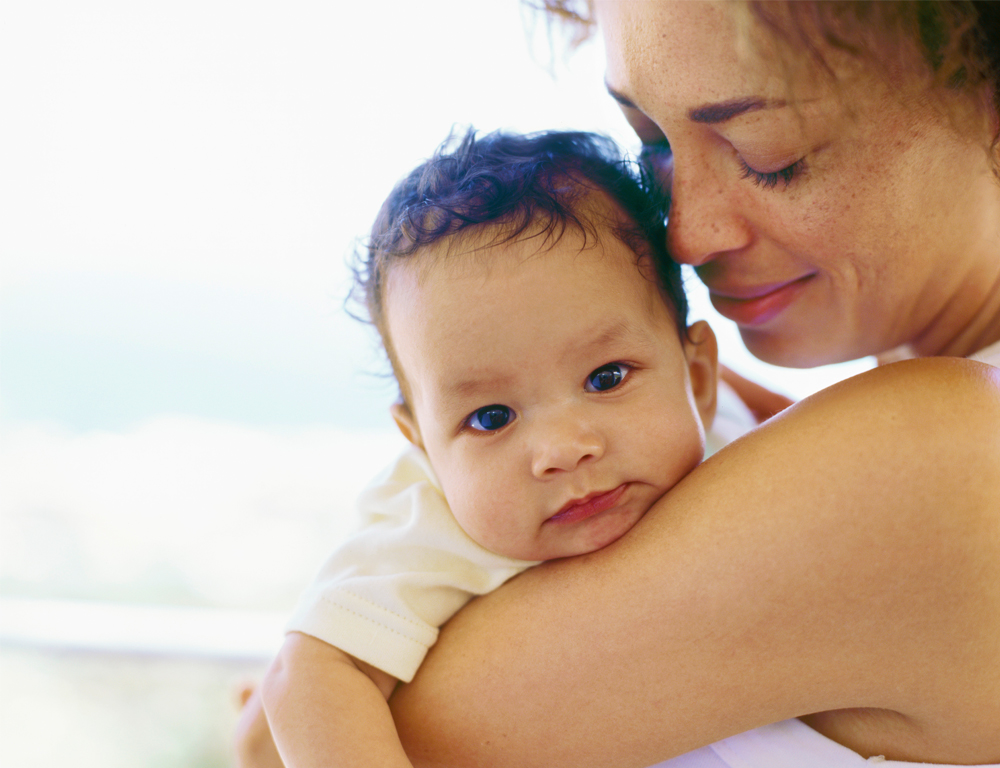
And we’re always here for you — 24/7.
What can you expect when you call 1-800-ADOPTION?
-
A friendly and compassionate specialist whose goal is to help you create a safe adoption plan
-
Someone who will make you feel safe
-
Important information on how older child adoption works
-
Guidance about whether adoption is right for you, and what your other options may be
-
Clear direction on what to do next
-
And more
We will help you navigate your emotions and understand what is best for your child. You can trust our guidance because we have worked with many other women in similar situations.
Step 3: Social and Medical Histories [What You Will Need]
If you do decide to begin the process of placing an older child for adoption, we’ll get to work as fast as we can.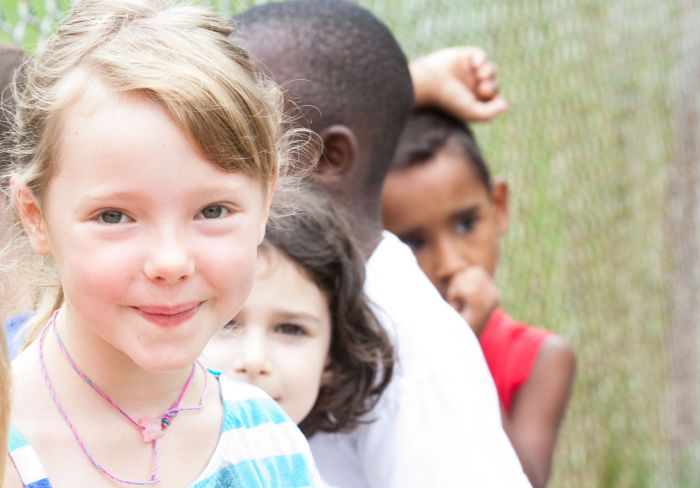 You’ll get an information packet with even more helpful adoption facts, as well as directions for how the older child adoption process will go.
You’ll get an information packet with even more helpful adoption facts, as well as directions for how the older child adoption process will go.
At this point, many prospective birth parents want to know how long the process will take. Ultimately, every process is unique. It’s difficult to say, and much of it is up to you. There are a few steps that may take time, but the more involved and prepared you can be, the quicker the process can move.
One thing you can do right now to move the process along is to start collecting medical and social histories. These are documents that need to be included in the adoption paperwork, like:
-
Prenatal care documents
-
Labor and delivery records
-
Pediatric medical histories
-
The child’s birth certificate
Your adoption specialist will be there every step of the way so that you can feel prepared, confident and at peace with putting an older child up for adoption. They will help you request these documents, but it is ultimately up to you to be proactive about signing the necessary releases for this vital information.
They will help you request these documents, but it is ultimately up to you to be proactive about signing the necessary releases for this vital information.
Step 4: Find an Adoptive Family [View Profiles Today]
We know you love your baby, and you want the world for them. That’s why we do everything possible to help you find the best family for your child.
When you put older children up for adoption, you get to choose the adoptive family, just like a woman who places a newborn for adoption.
You can look through adoptive family profiles to find parents who are best prepared to provide your child with a smooth transition into a loving family. Generally, there are more adoptive families who feel prepared to adopt newborns and infants, while there are fewer families ready to adopt a toddler. However, we do work with adoptive families who cannot wait to welcome your 1, 2 or 3-year-old into their loving arms.
To get a sense of the types of people waiting to adopt, you can click here to look at some of our family profiles online.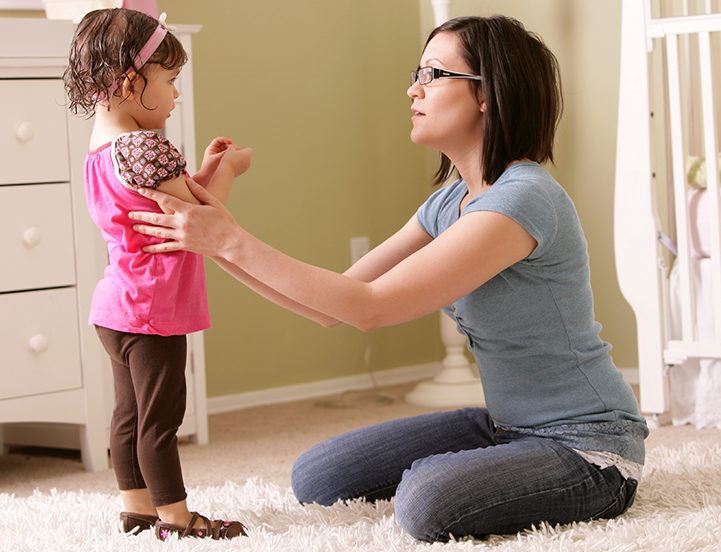
When you’ve found the family you think will be best for your baby, and all of the necessary medical and social history listed in the step above has been collected, we will reach out to set up the connection.
Step 5: Your Transition Plan [Doing What’s Best for Your Child]
Did you know that most U.S. infant adoptions are at least semi-open? The same is true when you are putting an older child up for adoption. Open adoption allows you to:
-
Get to know the adoptive parents before placement
-
Develop a transition plan with the family
-
Stay connected with the family after placement
-
Know that your child is safe, loved and happy
The transition plan is one of the most important steps when you are “giving up” an older child for adoption. Essentially, this is the time when your child is placed in the care of the adoptive family.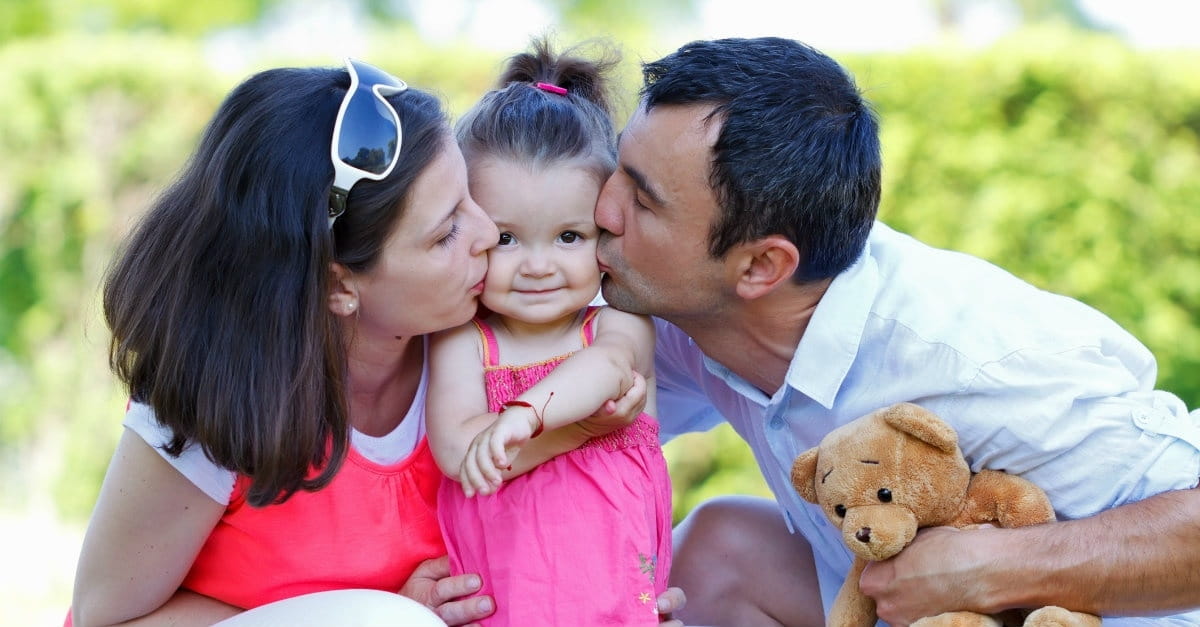
Depending on how old your child is, this may be difficult and confusing for them to understand. In a transition plan, you will work together with the adoptive parents to help your child feel safe and secure.
Many transition plans take place over the course of several days. It could go something like this:
-
Friday: You may meet together, share a meal and then go home with your child.
-
Saturday: You meet again, but this time leave while your child stays with the adoptive parents. They can play, bond and begin to form a connection.
-
Sunday: It is time for the child to be placed with the adoptive parents. Because of the time you all spent together over the past few days, this placement can feel more natural and safe for your child.
This step of the older child adoption process can be very difficult, and we are here for you.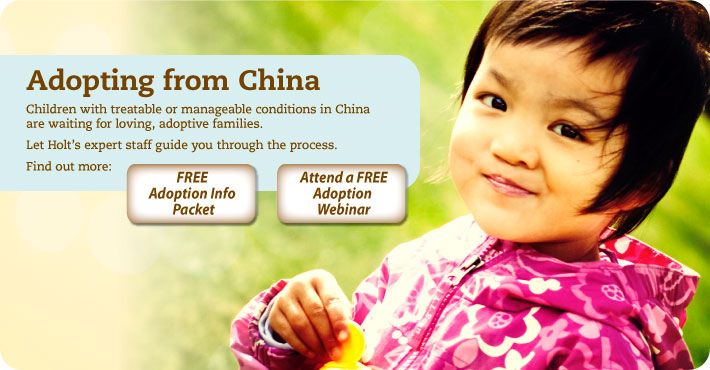 The goal is for you and your child to feel comfortable with this transition. From figuring out the logistics to deciding what to pack and how you can expect to feel, our adoption specialist will be by your side.
The goal is for you and your child to feel comfortable with this transition. From figuring out the logistics to deciding what to pack and how you can expect to feel, our adoption specialist will be by your side.
Step 6: Complete Your Placement [And Stay Connected Through Open Adoption]
To complete your placement, you’ll need to sign your adoption paperwork. Your specialist and attorney will help you. This is a brave step to take to do what is best for your child.
After the paperwork is signed and the adoption is complete, you can stay connected through open adoption. Every open adoption is different, so it’s up to you to decide what’s best for you and your child.
Open adoption may seem scary at first when you are thinking about putting an older child up for adoption. Wouldn’t a clean break be better? But, many prospective birth mothers, like Caitlin, will tell you about the benefits of open adoption.
“Knowing that I can be around and be there — I don’t even know how to put it into words… I’m like a cheerleader on the sideline, and that’s more than I could have asked for,” Caitlin said.

“He gets this family who can take care of him and do everything I couldn’t, but he can also know that I didn’t just give him away. I had a purpose for him, and it was meant to be.”
Take Your Next Steps Today
Are you ready to speak with a specialist about putting an older child up for adoption? Let’s talk.
You can call 1-800-ADOPTION at any time, 24/7, to speak to an adoption specialist. You can also click here to get more free adoption information online.
More Information about Putting an Older Child Up for Adoption
Now that you know how the older child adoption process works and how you can take your next steps today, we want to make sure there aren’t any questions left unanswered.
Let’s look at some of the most important information about putting older children up for adoption, including the challenges that can come with this decision.
How Putting an Older Child Up for Adoption Is the Same as Other Adoptions
Throughout the toddler adoption process, you will still have the same rights and choices as any mother placing a baby for adoption:
- You can choose the adoptive parents for your child; American Adoptions works with many families who are willing and excited to adopt an older infant or toddler, and occasionally a child up to 4 years old
- You can choose the type of relationship you want to have with your child and the adoptive parents after placement
- You will get the unlimited, 24/7 counseling and support you need to make a fully informed adoption decision that you feel confident with
- You are entitled to free adoption services; your legal and counseling costs will always be covered for you
- You are in control of the adoption process
Whatever circumstances have led you to adoption, placing your toddler with a private agency like American Adoptions allows you to take control of your situation and your child’s future.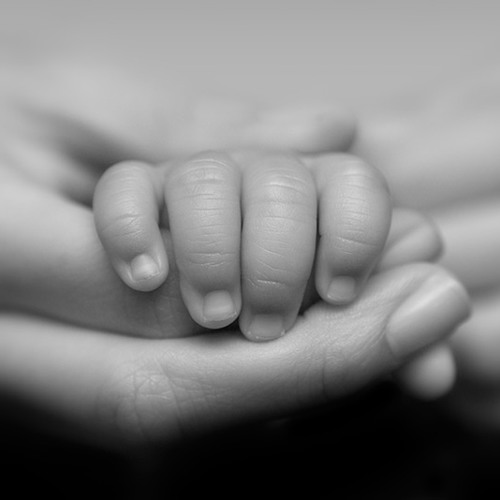
Every situation is different, and American Adoptions handles the placement of older children and toddlers on a case-by-case basis. However, if you are considering placing an older child for adoption, and that child is 4 or older, our agency may not be the best resource to help you make an adoption plan for him or her. In those cases, there are many great professionals who would be happy to provide information on how to place an older child up for adoption.
To discuss your individual circumstances and learn how to put a toddler up for adoption, you can reach an adoption professional at any time at 1-800-ADOPTION. We will help you explore all of your options and make the decision that is best for you and your child.
The Challenges of Placing an Older Child for Adoption
If you are considering “giving your older child up” for adoption, you clearly have his or her best interests at heart — and so does American Adoptions. That’s why we think it is important for any parent to have a clear understanding of the potential challenges of placing an older child for adoption.
There are several challenges to consider if you are thinking of putting older children up for adoption:
- While we do work with many families who are open to adopting sibling groups and toddlers, most parents who are interested in adopting an older child work with the state foster system rather than a private agency. This route gives them access to more appropriate services and education about parenting children who are adopted at an older age. This means that we have fewer waiting families who are interested in adopting a school-aged or older child.
- Placing an older child for adoption is often complicated because there are some additional factors to take into consideration, including the child’s health and behavior, others who have had custody of the child throughout his or her life, the involvement of the child’s father, and more. The more you can share about these factors, the better we will be able to provide the services you need.
- "Giving a child up" for adoption is never easy, but it may be an even more challenging adjustment in an older child placement — not only for you as a parent, but also for your child.
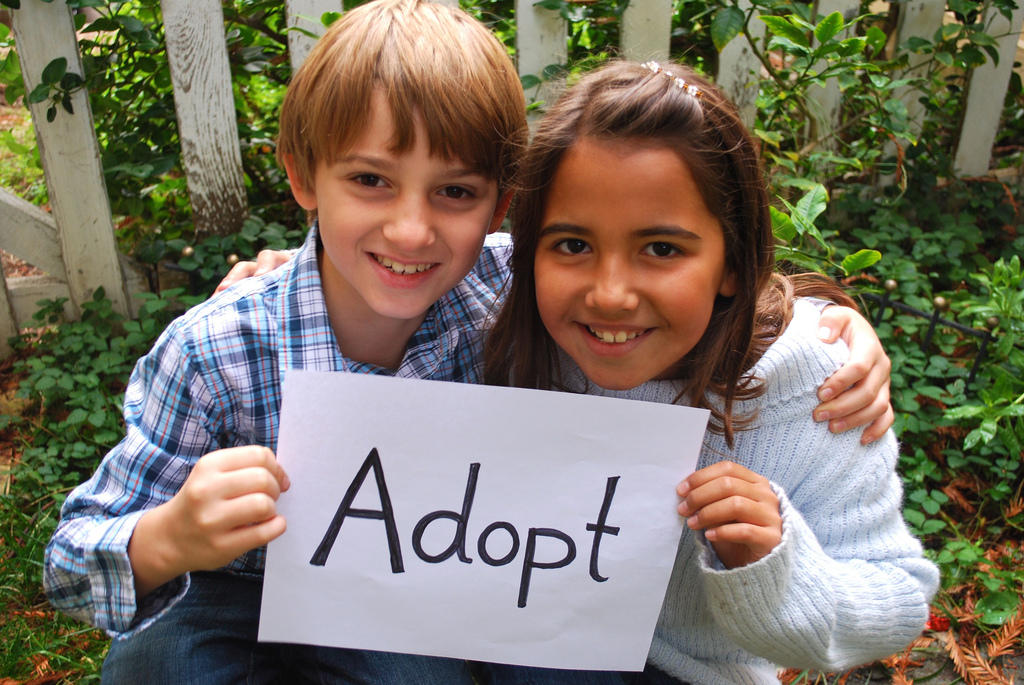 This process requires specialized counseling, education, and training services. Our agency is prepared to provide these services, such as conducting a safety check, helping you understand your options and providing adoption services, for children up to 4 years old.
This process requires specialized counseling, education, and training services. Our agency is prepared to provide these services, such as conducting a safety check, helping you understand your options and providing adoption services, for children up to 4 years old.
Struggling parents should never hesitate to reach out for help.
While American Adoptions may not be able to complete the adoption in every case, we will do whatever we can to refer you to the services and resources you need.
Other Options for Placing an Older Child for Adoption
Unfortunately, many parents in your circumstances find that there is not a lot of readily available information about this type of adoption if their child is more than a few years old. There aren’t many private agencies that specialize in placing older children, and state foster care systems typically do not have the funding to take voluntary relinquishments.
But there are other options if you’re asking, “Where can I put my child up for adoption?”
If you are struggling to parent and thinking about "giving up" a child for adoption and the child is over 4 years old, consider the following suggestions before contacting a private adoption agency:
- Reach out to social services.
 While the state may not be able to take custody of your child, they can provide resources to make parenting easier. For instance, if your child has significant medical needs that you feel you cannot meet, look into your public healthcare options. If you need help finding a job or affordable housing, the state has programs that may help you. Whatever underlying issues have caused you to consider adoption for your child, there are likely free, public resources in your community to help you address them.
While the state may not be able to take custody of your child, they can provide resources to make parenting easier. For instance, if your child has significant medical needs that you feel you cannot meet, look into your public healthcare options. If you need help finding a job or affordable housing, the state has programs that may help you. Whatever underlying issues have caused you to consider adoption for your child, there are likely free, public resources in your community to help you address them. - Consider a temporary guardianship. You may be struggling now, but if you feel that you would be able to parent your child under different circumstances, you may be able to establish a legal guardianship with a close friend or family member. This option gives someone else temporary custody of your child while you make changes that would improve your situation and allow you to parent.
- Complete a kinship adoption.
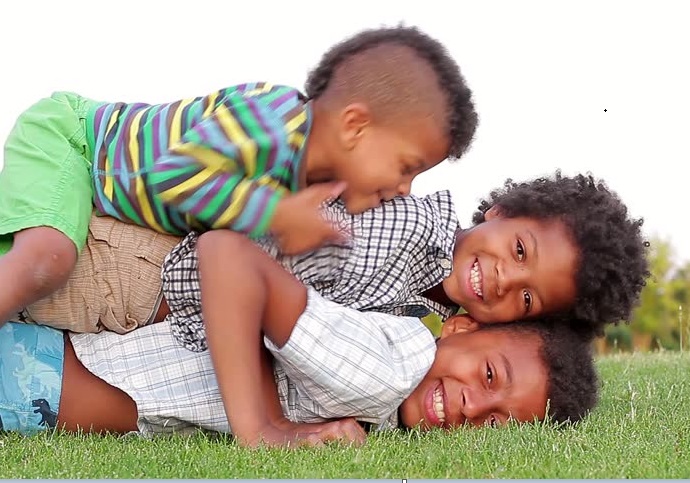 If you are searching for a more permanent solution for your child and have loving family members who are willing to help, you may choose to put your kid up for adoption with a relative. A kinship placement is often beneficial for older children because it allows them to maintain important relationships with loved ones and transition to a familiar home.
If you are searching for a more permanent solution for your child and have loving family members who are willing to help, you may choose to put your kid up for adoption with a relative. A kinship placement is often beneficial for older children because it allows them to maintain important relationships with loved ones and transition to a familiar home. - Complete an independent adoption. Through your own networking, you may be able to find a friend or other waiting family who is willing to adopt your child. In these circumstances, you may consider working with an attorney to complete an identified or independent adoption. However, you must be very careful when placing your child with a new family; to ensure his or her safety and wellbeing, you need to contact a licensed child-placing agency in your state to complete a home study for the adoptive family. You should also always work with an attorney to ensure every step of the process is completed safely and legally.
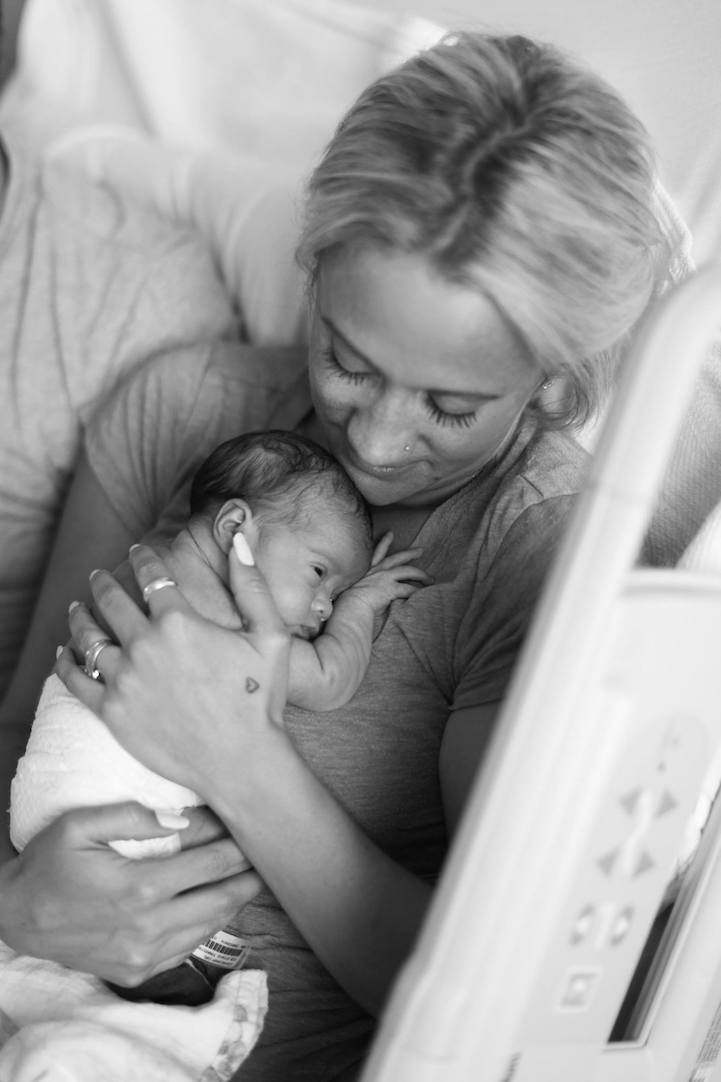
- Take a break. Every parent gets overwhelmed, and sometimes it just takes a day or two of alone time to reset and re-evaluate your situation. If you think this may be the case for you, ask a friend or family member if they would be willing to babysit for a day or weekend, or contact your state social services department and ask about options for respite care.
Although American Adoptions can handle the placement of toddlers and older children up to age 4 on a case‐by‐case basis, our agency specializes in newborn adoption. When “giving your older child up” for adoption, we recommend contacting your local social services department before making an adoption plan.
Contact American Adoptions Today
Choosing adoption for your child can be complicated, both legally and emotionally, but it can also be one of the best decisions you will ever make. If this is what you decide is best in your circumstances, it is important to find the services you need to ensure your child is placed in a safe, supportive and loving environment.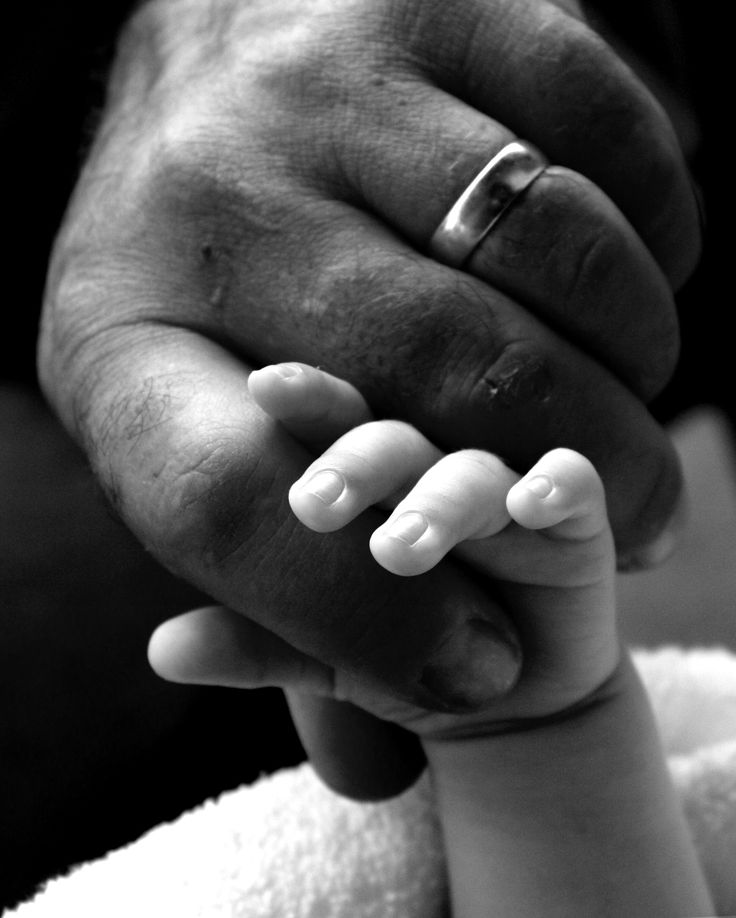
To learn more about how to place an older child up for adoption, or to discuss your other options and resources, you can reach a licensed adoption professional any time, or you can call 1-800-ADOPTION to get free guidance today.
To learn more about how to put a toddler up for adoption or to discuss your other options and resources, you can reach a licensed adoption specialist any time, or contact your state’s social services department for more information on placing an older child for adoption.
Disclaimer
Information available through these links is the sole property of the companies and organizations listed therein. America Adoptions, Inc. provides this information as a courtesy and is in no way responsible for its content or accuracy.
What it's like to give a child up for adoption - Placement for adoption
I picked her up and walked over to the waiting family in the waiting room. The walk seemed to take forever.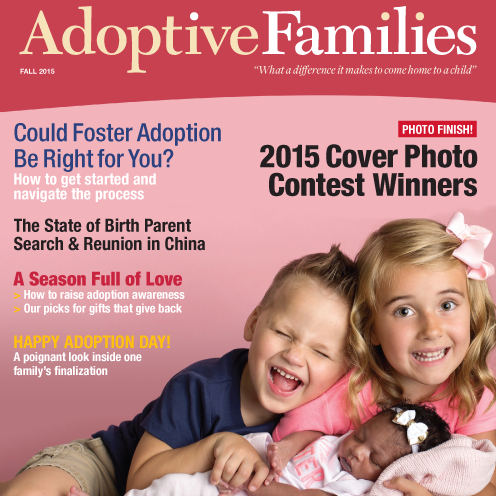 ”
”
Getty Images
There are countless reasons why a woman decides to give her child up for adoption, none of them simple or obvious. This week, Cosmopolitan.com's Reality Sex Talk talked to four women about what it's like to give up your child in the care of another family and how they feel about the decision that has changed their lives.
How old are you?
Woman A: 24.
Woman B: Twenty-six.
Woman C: Twenty-eight.
Woman D: Thirty-three.
How old were you when you gave your child up for adoption?
Woman A: 20.
Woman B: 19.
Woman C: Sixteen.
Woman D: Twenty-one.
How old was your child at the time?
Woman A: He was 3 days old when he left the hospital with his parents, and a few days after that I signed the waiver papers.
Woman B: Twenty-four hours ago.
Female C: Newborn.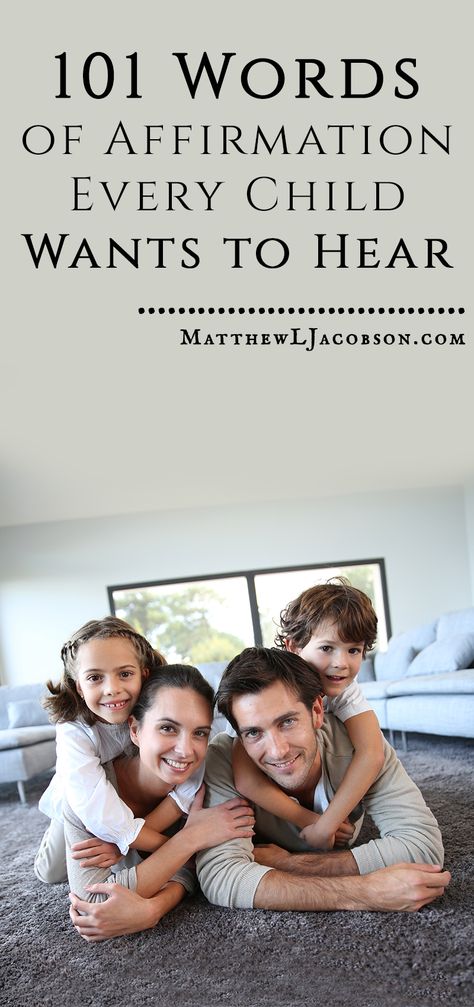
Female D: Newborn.
Did you have other children before you gave the child up for adoption? Have you had other children since then?
Woman A: No.
Woman B: There were no other children at that time. Now I am raising a 4 year old girl and a 2 year old boy.
Female C: Since adoption, I have had one child and I also have a stepson.
Woman D: Before I placed my daughter, I also had a son who was 3 years old. Since the birth of the baby I placed, I have had two children, a boy and a girl.
Why did you think adoption was the best option?
Woman A: All my sisters had very young children and I saw all my sisters struggling to raise them. My parents also took over custody of my older nephews, so I knew being a young mother wasn't what I needed. Everyone talks about how selfless you are when you send a child up for adoption, but I felt very selfish in deciding to make an adoption plan, because I felt like I was putting my future ahead of the unborn child, but I knew that he would have a better chance, if he had parents who were ready for him. His biological father still had a year left in school, and I hardly worked 10 hours a week at my job. Apart from the grief that accompanied the decision to adopt a child, we did not have any disadvantages in choosing to adopt.
My parents also took over custody of my older nephews, so I knew being a young mother wasn't what I needed. Everyone talks about how selfless you are when you send a child up for adoption, but I felt very selfish in deciding to make an adoption plan, because I felt like I was putting my future ahead of the unborn child, but I knew that he would have a better chance, if he had parents who were ready for him. His biological father still had a year left in school, and I hardly worked 10 hours a week at my job. Apart from the grief that accompanied the decision to adopt a child, we did not have any disadvantages in choosing to adopt.
Woman B: I grew up in a single parent home for six years and it was very difficult for me. I have a lot of respect for my mother for doing what she had to do, but I didn't want to choose that for my child. When I got pregnant, I was only 19 years old, and I was in college and still in the army. I knew that adoption was the best choice for me and my child.
I knew that adoption was the best choice for me and my child.
Woman C: I haven't heard much about adoption, but I learned it with the help of my mom. I thought it was best because I wanted my child to grow up in a two parent home with responsible adults. The pros were that my child would have more opportunities and grow up in better conditions. And I could finish school and become a responsible, mature person myself. The downside is that I have to go through a lot of grief.
Woman D: When I found out I was pregnant with her, I was already a single parent and also unemployed and homeless. For about a month of my pregnancy, I lived with my son in a homeless shelter in Nebraska and knew that I could not provide for this precious life that was growing inside me. I really wanted her to have everything, and it seemed impossible if I decided to leave her.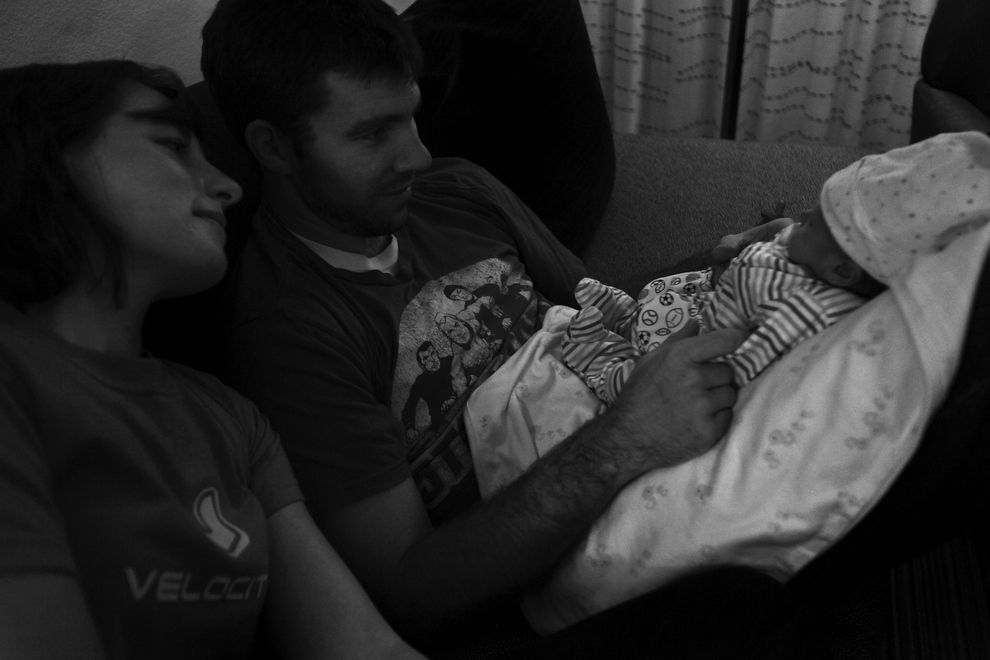
Have you ever considered alternatives to adoption?
Woman A: We learned this very late in our pregnancy, so we had no choice but to adopt or raise ourselves. However, if I found out that I was now pregnant again, I would definitely have an abortion. We were lucky in many ways with our decision to make an adoption plan, but it was really difficult and I still struggle with guilt.
Woman B: I thought about having an abortion for a very short time. I thought I could just "take care of it" and then I wouldn't have to tell anyone, but deep down I couldn't handle it. As for choosing to raise the child myself, I didn't want to work 60 hours a week, have a child in kindergarten and never see her again. Also, her biological father was an insecure person, and I knew that splitting custody would be a bad thing.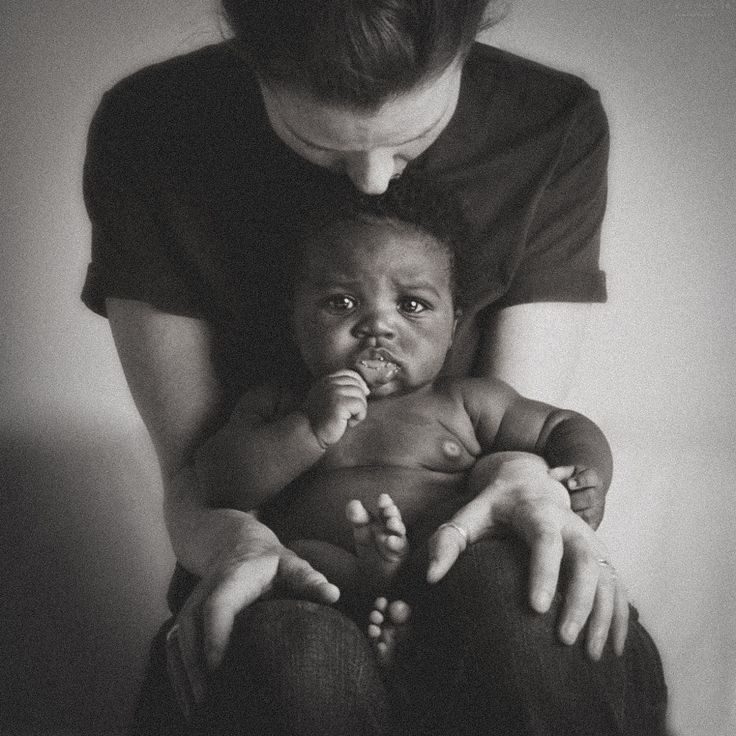
Woman C: I considered all the alternatives, but in the end the adoption was the right one. I didn't think having an abortion or raising children would be the best option. I felt responsible and wanted to get through the pregnancy, but I also knew I wasn't ready to raise children. At 16, I didn't have the maturity and patience to be the mother a child deserves.
Woman D: The only other option I had was to raise a child. I knew that I wanted to have a child, but I also knew that I would not be able to provide for her.
How involved was the biological father in your decision to put the child up for adoption? And what is your relationship with him now?
Woman A: He was very involved. He was my biggest supporter and protector. We brought the family together, and I am very grateful to him for his participation. He was so strong throughout the whole process and I can't imagine having to go through this alone. We are still together and he continues to be my best friend. Even when there may be difficulties between us, I know that he always supports me.
He was my biggest supporter and protector. We brought the family together, and I am very grateful to him for his participation. He was so strong throughout the whole process and I can't imagine having to go through this alone. We are still together and he continues to be my best friend. Even when there may be difficulties between us, I know that he always supports me.
Woman B: He was involved from start to finish in the sense that he knew what I was doing and how I was doing it. However, he was not involved in the pregnancy, so I opted for adoption. He didn't seem to be impressed by the idea of helping me take care of the life he helped create. He never helped me financially, emotionally, or otherwise. He signed the papers and was invited to meet the couple, but was reluctant to do so. He also refused to be present at her birth. I tried tirelessly to involve him, but he was not interested in it.
Woman C: At first he was against the adoption and said he wanted to raise the child instead.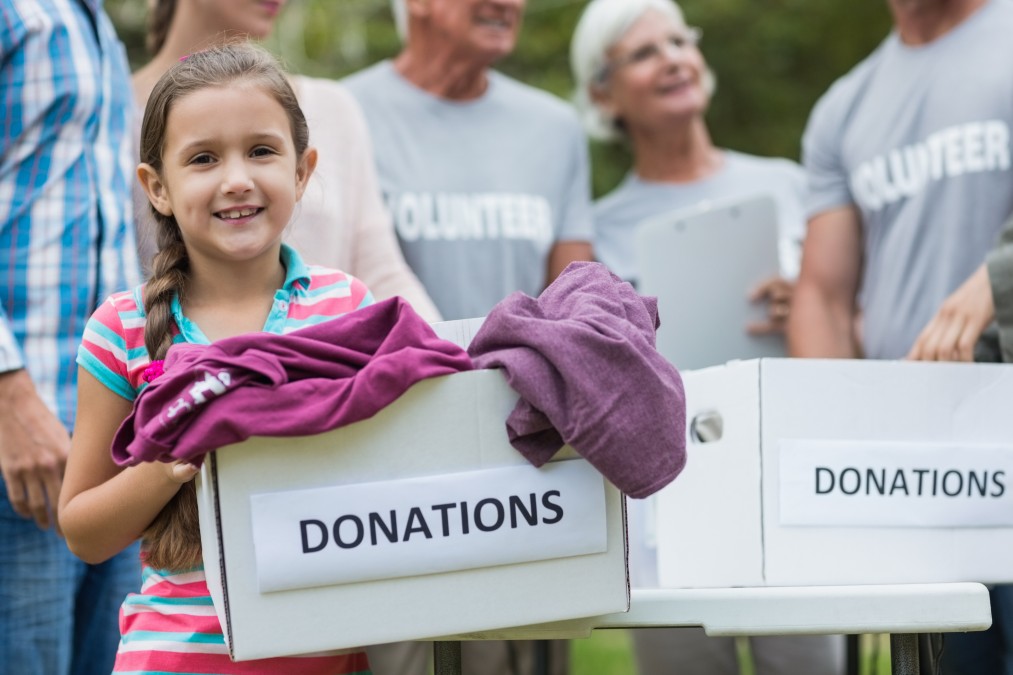 Unfortunately, he wasn't capable of it due to battling multiple addictions and being in and out of prison. He also wasn't around when my daughter was born, but he wanted to keep in touch with her through a semi-open adoption (when I get letters but don't visit). Now we rarely communicate, but we are friends on social networks. None of us see the child, but I believe that his family also receives updates with photos and letters.
Unfortunately, he wasn't capable of it due to battling multiple addictions and being in and out of prison. He also wasn't around when my daughter was born, but he wanted to keep in touch with her through a semi-open adoption (when I get letters but don't visit). Now we rarely communicate, but we are friends on social networks. None of us see the child, but I believe that his family also receives updates with photos and letters.
Woman D: He didn't participate in my decision at all. I myself decided that adoption is the best option. We didn't have a bad relationship, but we weren't friends either. I informed him that I had chosen a family and he asked if I could let his mother or sister raise the child and I told him absolutely not. He did not argue with me about this and did not insist. When it came time for him to sign his rights, he did so willingly. Once every few years we communicate on social networks, but I have not seen him for a little more than four years.
With whom did you discuss this decision and how did they react?
Woman A: I never discussed this with anyone. I knew my family wouldn't support me, so I didn't say anything until I got to the hospital. Looking back, I regret this because it was unfair to my family just not to tell them, but at the time it seemed like the right thing to do. My older sister wanted to give her two children up for adoption after they were born because she was still very young, but my parents wouldn't let her and took over the upbringing of my nephews. My other sisters chose to raise their own children, but getting pregnant at such an early age still didn't get along with my parents. I was very lucky that my parents arrived four years later, but I still don't talk to one of my sisters because of our differences over my decision to give up the baby.
Woman B: I discussed this decision with my parents, a few friends, and the church leader.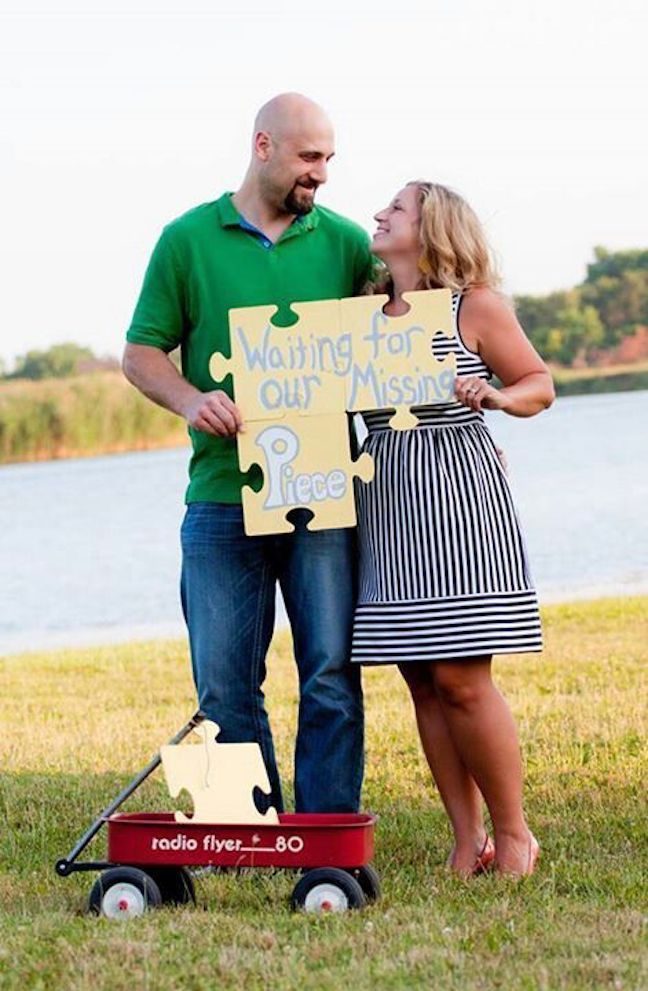 They were all relatively supportive. I was surprised that some of my best friends started ignoring me after they heard that I would be placing a baby and never checked on me to see how I was doing. But because of this, I had to make new friends who are now my best friends.
They were all relatively supportive. I was surprised that some of my best friends started ignoring me after they heard that I would be placing a baby and never checked on me to see how I was doing. But because of this, I had to make new friends who are now my best friends.
Woman C: At first I discussed this with my parents and they were very supportive. I also talked about it with my family and friends. Some of them could not understand why I chose adoption, but most of them really supported me.
Woman D: I told my parents that I was considering adoption and they were supportive, but I know they wanted me to consider leaving her. I also told my son's grandmother that I was pregnant and considering adoption, and she was very supportive and loving. She told me that she knew a couple who wanted to adopt a child, but it didn't work out, but it was so nice to have that kind of support.
What was your biggest fear of adoption?
Woman A: My biggest fear was a fight with my family, which unfortunately happened. Then, after giving the child away, I was afraid that my son's adoptive family would not want to keep in touch with me, and I would not know anything about our son. I was also afraid that I would never stop placing a baby and would regret it forever and be stuck with a decision that would affect me for the rest of my life.
Woman B: My biggest fear was adoption, that my child would grow up and hate me. I was very scared that she would not understand why I placed her. To counteract this, I opted for open adoption. I write her a letter every year to explain in a little more detail why I decided to host her as well. She has access to these letters and the things I send her when and if she wants them.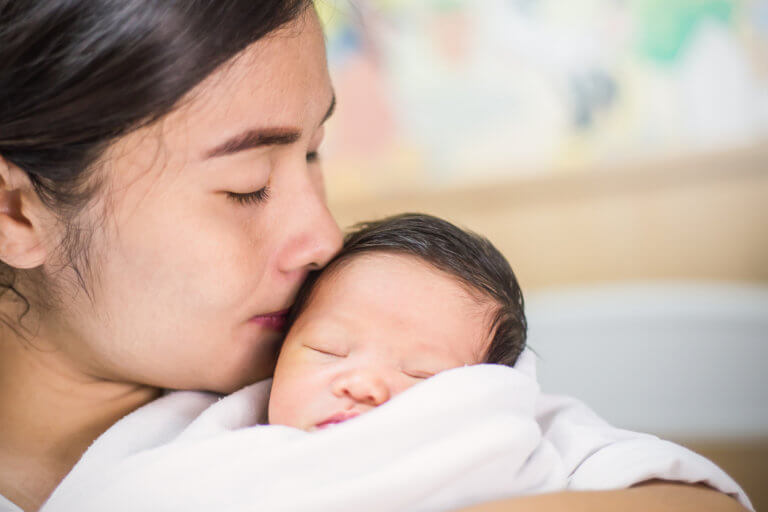
Woman C: I was afraid that I would regret it and want to go back to my decision later, even though I knew it was the best option. I just knew it was going to be hard and didn't know if I was strong enough to let go, but it worked out.
Woman D: I was afraid that my biological daughter would hate me for giving her up for adoption and would wonder why I gave her and not my son. I was afraid that others would be shamed for choosing adoption. I was afraid that my son would hate me for giving his sister up for adoption.
How did you find the agency (if you used one) and the family in which the child was eventually placed?
Woman A: I found my agency through a social worker who gave me a list of agencies in the area. The one I went with was the first one I saw on paper and the social worker said it was a very good agency she had worked with in the past. So, according to her, we contacted them. It was the best decision ever. They met us at the hospital and entertained us while we looked through family folders. My social worker is one of the most wonderful people I have ever met. She has always supported me and helped not only in adoption, but also in other areas of my life. She went to college with me and encouraged me to take educational courses and write about my adoption experience. She protected me with my family and helped me establish new boundaries with my son's parents and never judged me.
The one I went with was the first one I saw on paper and the social worker said it was a very good agency she had worked with in the past. So, according to her, we contacted them. It was the best decision ever. They met us at the hospital and entertained us while we looked through family folders. My social worker is one of the most wonderful people I have ever met. She has always supported me and helped not only in adoption, but also in other areas of my life. She went to college with me and encouraged me to take educational courses and write about my adoption experience. She protected me with my family and helped me establish new boundaries with my son's parents and never judged me.
Woman B: I went through an agency recommended by my Church leader. I was given a stack of pages from a scrapbook that had all the information about the families. I basically did piles on the floor in my family room. One day my roommate came in and asked what I was doing.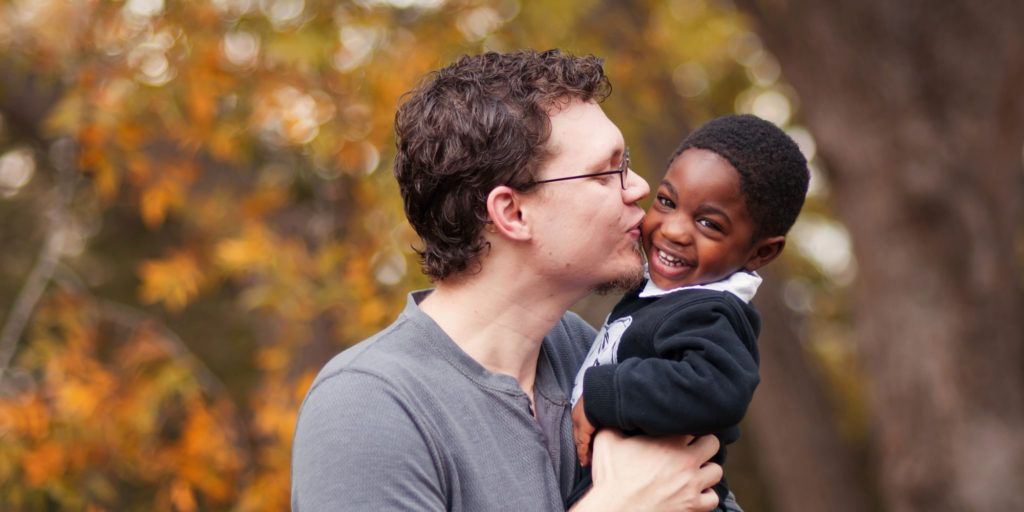 At the time, I didn't know her very well, but then she told me about her aunt and uncle, who were hoping to adopt a child. I asked her to send me her profile, and when I saw it, something clicked in me. I just knew it was them. It's not exactly what I was looking for or thought I wanted, but I just knew deep down that they were supposed to be her parents.
At the time, I didn't know her very well, but then she told me about her aunt and uncle, who were hoping to adopt a child. I asked her to send me her profile, and when I saw it, something clicked in me. I just knew it was them. It's not exactly what I was looking for or thought I wanted, but I just knew deep down that they were supposed to be her parents.
Woman C: Actually my father's mother helped me find a family. I had just started looking at the parents' profiles when she told me that there was a couple she knew who would like to adopt. When I met them, I immediately understood. They were perfect.
Woman D: I was looking in the newspaper and saw an advertisement for an adoption center and called and spoke to them. Within a week, I received a huge package in the mail with forms to fill out along with sending proof of pregnancy.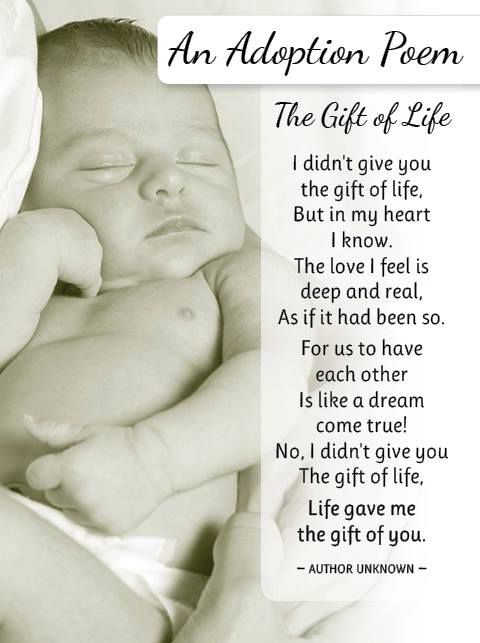 Then I started getting packets in the mail about potential foster families. As soon as I chose a family, the agency notified the potential couple and they set up a conference call and we met on the phone for the first time. It was a very emotional phone call. I cried a lot.
Then I started getting packets in the mail about potential foster families. As soon as I chose a family, the agency notified the potential couple and they set up a conference call and we met on the phone for the first time. It was a very emotional phone call. I cried a lot.
How much of a role did you play in deciding which family to place your child in? What made you choose them?
Woman A: My son's biological father and I chose a family together. In fact, we were open to everyone: single adopters, same-sex couples, etc. We just wanted someone to click with us. There must have been about 50 profiles in the folder we were looking at, and in the end I just got tired of looking. Fortunately, my son's biological father continued his search and found our son's future parents. They were the last profiles in the book, and as soon as I looked at their profile, I knew it was them.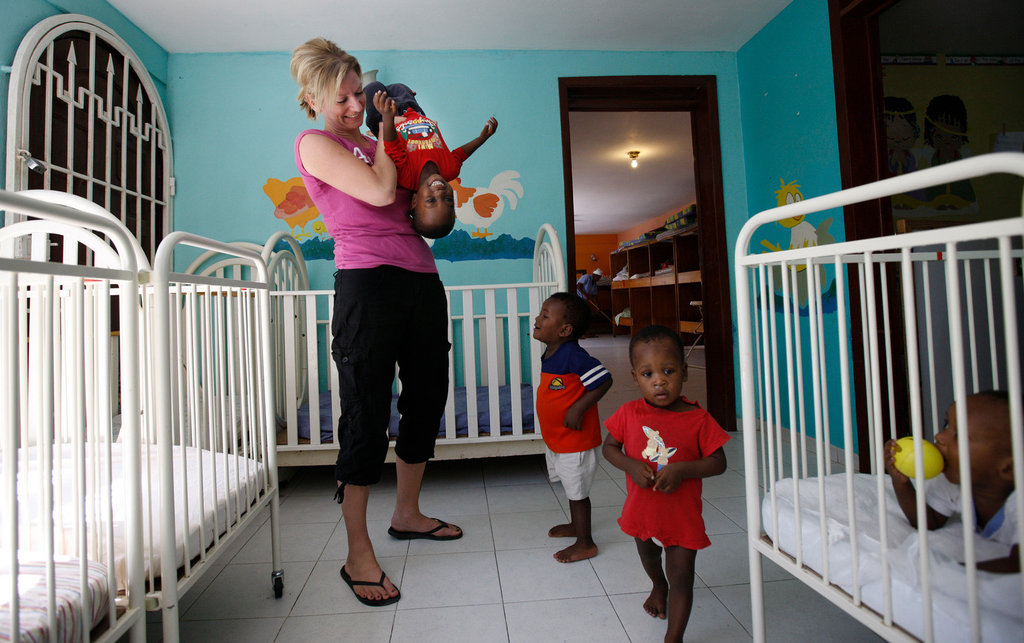 At first, I didn't read their profile in detail, but I was drawn in by a silly picture of them on the back page posing with a penguin from a friend's wedding. They looked so happy and I just knew they were who I wanted to be as parents to my son.
At first, I didn't read their profile in detail, but I was drawn in by a silly picture of them on the back page posing with a penguin from a friend's wedding. They looked so happy and I just knew they were who I wanted to be as parents to my son.
Woman B: I ran past my biological father and he wasn't interested in helping me choose, so I did it myself and let him know when I chose a family. I chose this family because of the feeling in my heart. I also liked that they had two older sons, they loved music, raised animals and were religious.
Woman C: They were sincere and very kind, but also funny. They were so wonderful that I wanted to be part of their family.
Woman D: I chose my family myself. This was the last package I received in the mail. I went through a few hundred packages and couldn't decide on a family, so I called the agency and said, "I can't do this. You choose!' They said that I should choose someone, and I just said: "How will you choose someone to raise your child?" It was amazing and seemed hopeless to me. My consultant said she had another package she wanted me to look at. When it arrived in the mail, I opened it and was overcome with emotion. They were a beautiful couple, radiating love and happiness, and seemed so perfect! I read their story and their biography and felt connected to them. I wanted to help them build a family.
You choose!' They said that I should choose someone, and I just said: "How will you choose someone to raise your child?" It was amazing and seemed hopeless to me. My consultant said she had another package she wanted me to look at. When it arrived in the mail, I opened it and was overcome with emotion. They were a beautiful couple, radiating love and happiness, and seemed so perfect! I read their story and their biography and felt connected to them. I wanted to help them build a family.
Did you have any reservations? Like, did you only want closed or open adoption or other boundaries you wanted to set?
Woman A: At first I wasn't sure what I wanted. I had no experience of adoption other than watching Juno several times. My agency had a basic openness option where you got photos and letters every month for the first six months, then once a year on their birthday, and one visit per year.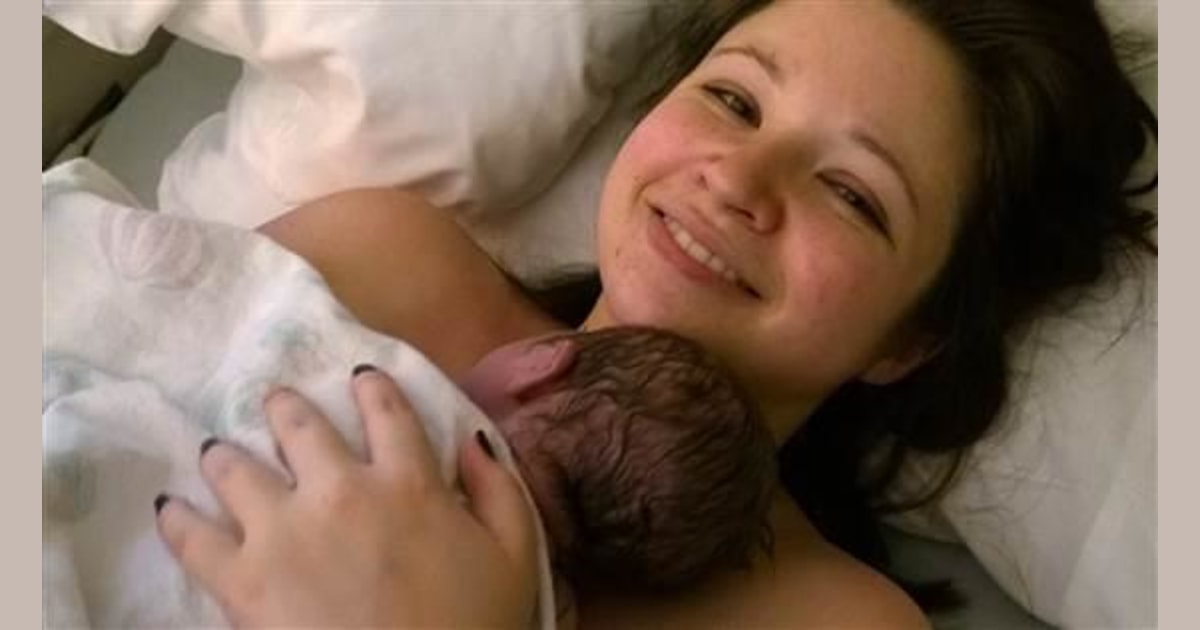 It seemed good to me. That's what we did for the first six months, and I was so excited every time I got a new letter in the mail. However, after six months the letters stopped, and I was suddenly upset. I didn't want to step on the heels of my son's parents asking for more contact, but I loved getting so much news and really wanted more. I asked my social worker if she could contact them and give them my email address and see if they were willing to let me have more contact. The next day I received a letter from my son's mother. They said they also wanted me to have more contact, but didn't want to interfere with my healing or what I wanted. We now email three or more times a month and exchange tons of photos.
It seemed good to me. That's what we did for the first six months, and I was so excited every time I got a new letter in the mail. However, after six months the letters stopped, and I was suddenly upset. I didn't want to step on the heels of my son's parents asking for more contact, but I loved getting so much news and really wanted more. I asked my social worker if she could contact them and give them my email address and see if they were willing to let me have more contact. The next day I received a letter from my son's mother. They said they also wanted me to have more contact, but didn't want to interfere with my healing or what I wanted. We now email three or more times a month and exchange tons of photos.
Woman B: At the time, I didn't quite understand what I wanted. At first, after I chose a family, I told them that I only needed letters and pictures, but later there were many more. We still see each other every year, as well as FaceTime and Skype. We love each other very much. It's like having an extra family. Her mom is one of my favorite people in the world and her dad is someone I can always turn to for sound advice.
We love each other very much. It's like having an extra family. Her mom is one of my favorite people in the world and her dad is someone I can always turn to for sound advice.
Female C: Semi-open adoption agreed, with letters and photos. I also asked them to let her have a brother or sister, and a few years later they adopted a little boy.
Woman D: When I was eight months pregnant, I met with the lawyer who represented me in the adoption. I told him that I would like to add to the adoption agreement that in the event that something happens to my biological daughter (eg cancer, organ transplant, death), I want to be notified. The lawyer said that this was an unreasonable request and that the adoptive couple would most likely not go for it. In retrospect, it was unwise for a lawyer to say what he did, but I was naive and didn't know any better, so I didn't argue with him.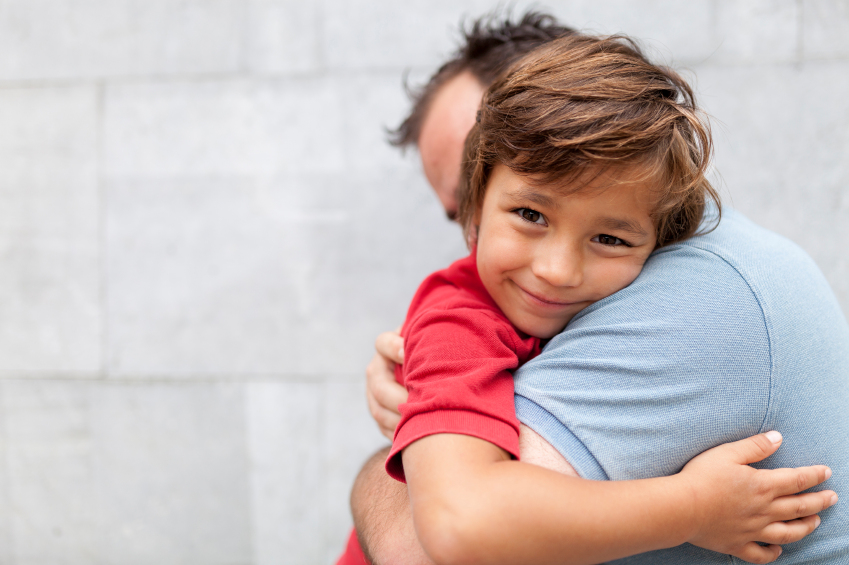 Also, there was no one there to look after me on my behalf and I thought the lawyer would know better.
Also, there was no one there to look after me on my behalf and I thought the lawyer would know better.
Did the family you placed your child in have any boundaries they wanted you to follow?
Woman A: Actually, no. We were both genuinely open about what we thought would work best, and we were lucky that we agreed on everything. My son's parents are such kind and wonderful people. I cannot sing their praises enough. They were always very attentive to what I was going through and showed respect. Even now they keep emailing me even though I don't always reply. They are really dedicated to me being a part of our son's life and vice versa.
Woman B: No. They were very clear from the beginning that they had an open heart and open arms. They didn't just want my child, they wanted me to be part of the family, and they stayed true to that.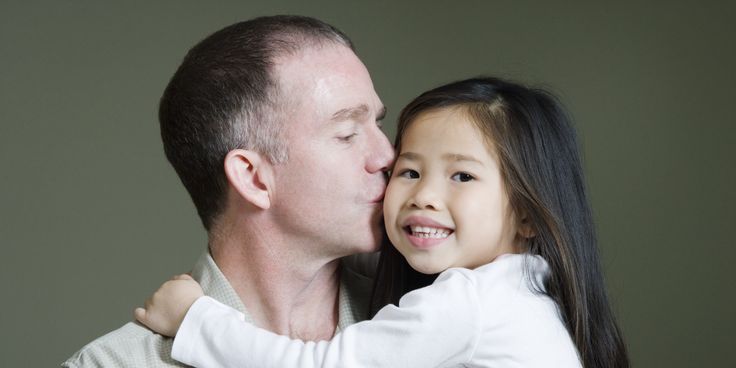
Woman C: Actually, no. We discussed our expectations beforehand and they have since been fulfilled.
Female D: This was supposed to be a semi-open adoption where I would receive the first three years of photos along with updates. Any photos or updates after this will be provided upon request, but the last day I saw family and my biological daughter was at a hotel. They were so grateful and loving and the new parents promised to always send me pictures and updates.
Describe the day and process of the child's transition from your home to the family's home.
Woman A: My son has never been to my house and instead left the hospital with his parents. I was discharged before he was, but my biological father and I decided to stay so we could leave the hospital together.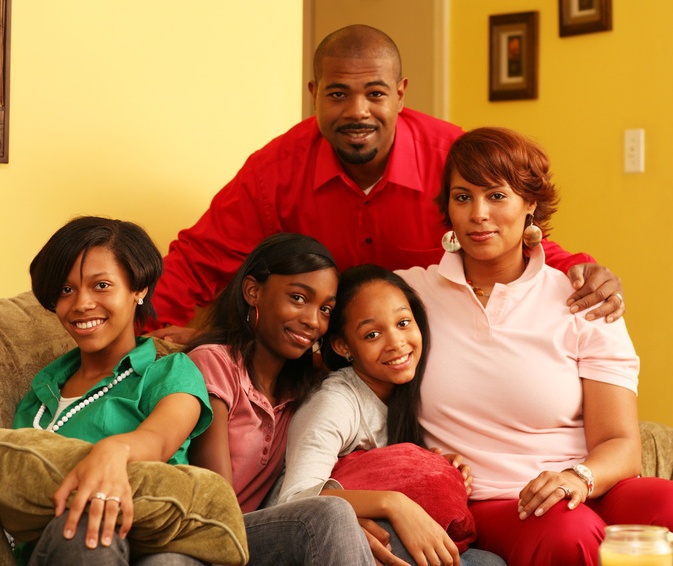 We also decided not to see our son while we were in the hospital. We wanted the first thing our son saw was his parents, not us. It was very important for us, but still a bittersweet moment. The biological father and I hugged outside the hospital and watched his parents leave with the baby. It was worth it.
We also decided not to see our son while we were in the hospital. We wanted the first thing our son saw was his parents, not us. It was very important for us, but still a bittersweet moment. The biological father and I hugged outside the hospital and watched his parents leave with the baby. It was worth it.
Woman B: It was a gloomy day. We had a small placement ceremony at the agency where my family and I exchanged letters, gifts and hugs and discussed what to expect after placement. Then I hugged her family, turned around and left. My father took me to the Olive Garden where we sat down and ordered food, but I couldn't eat it. I left the restaurant and got into his truck until our food was ready and we got takeout instead. He later drove me to my mom's house where I was staying with my best friend and they both tried to make me laugh as we drove through Target as I sat on a motorized cart. Later that night, after everyone had gone to bed, I just sat in front of the computer, going through her photos over and over again.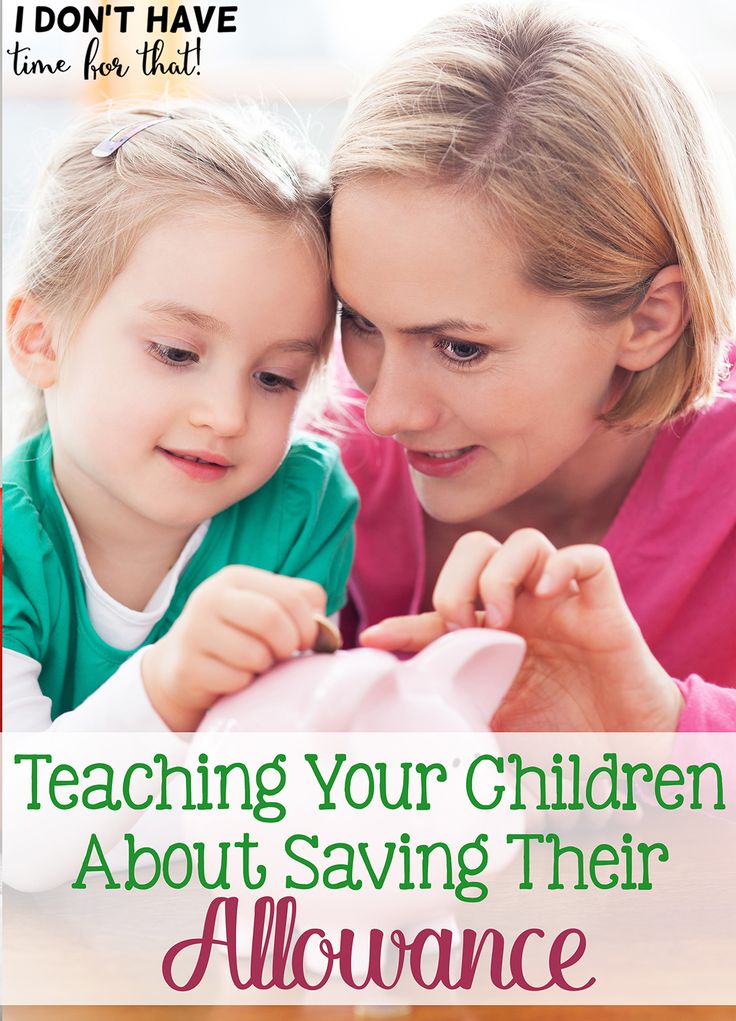 I didn't cry, I didn't get angry, I was nothing. I am numb.
I didn't cry, I didn't get angry, I was nothing. I am numb.
Woman C: After my daughter was born, I spent three days with her in the hospital and my family and foster family were present during my stay. On the third day, I had to say goodbye to my daughter so that she could return home with her new parents. The nurses brought her to me, she was tightly swaddled and fast asleep. I took her in my arms and walked down the long corridor where the waiting family sat in the waiting room. The walk seemed to last forever, with tears running down my face the whole way. I took her into the arms of her new mother (and she cried too) and then I packed my things and went home. Since then, I have not spoken to her.
Woman D: The day she was born, I returned home without her. I left the hospital a few hours after giving birth. As I listened to the crying of babies in neighboring rooms, I had tears in my eyes and saw no reason to stay.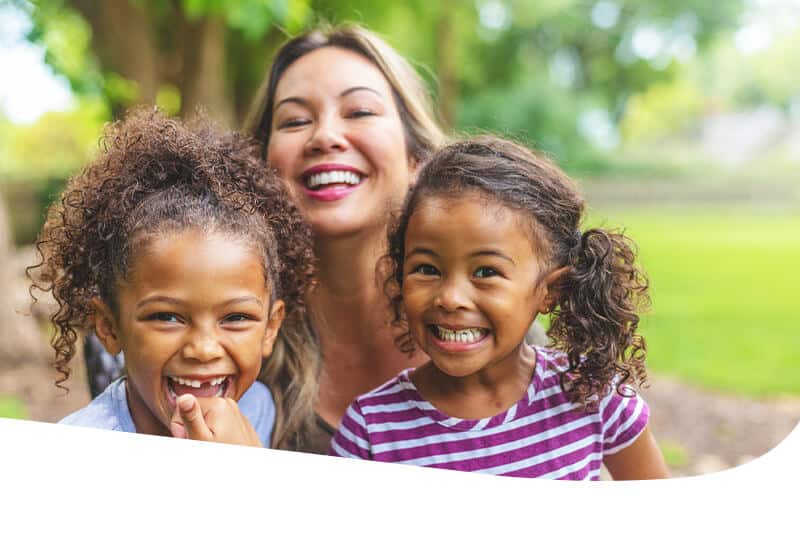 The foster couple had been in the hospital since my admission and they were in the delivery room when she was born. The hospital adapted to our situation and placed the adoptive parents and my biological daughter in a general room next to the intensive care unit. I called a friend who was taking care of my son and she came to pick me up.
The foster couple had been in the hospital since my admission and they were in the delivery room when she was born. The hospital adapted to our situation and placed the adoptive parents and my biological daughter in a general room next to the intensive care unit. I called a friend who was taking care of my son and she came to pick me up.
What aspects (physical or emotional) of your child's adoption surprised you?
Woman A: I was surprised that I felt so guilty. I never once regretted my decision or anything like that, but I was shocked by the amount of guilt I felt then and continue to feel. I feel bad that I couldn't take care of my son, that I shied away from my duties as his mother, and that I couldn't provide for him. But then I remember how much he can do thanks to his parents, and this is something I could never help him with.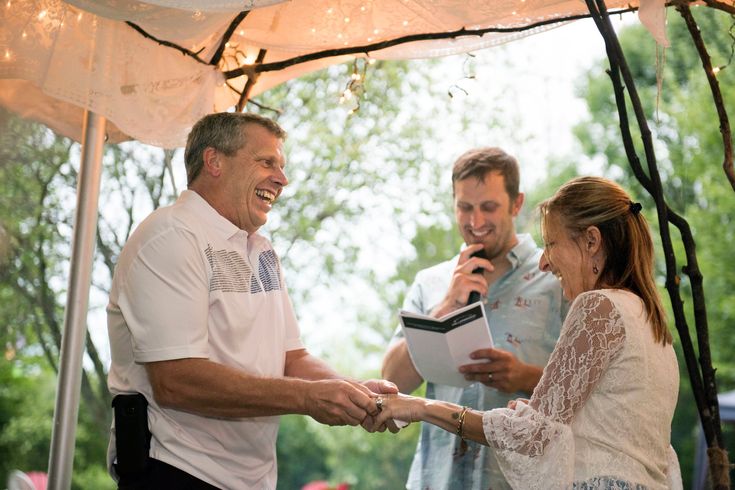 He is such a smart, sweet and versatile boy, and I have a lot of credit for that to his parents. I, too, was angry for a long time because of a combination of jealousy towards my son's parents and anger at myself for being put in a situation where I had to make an adoption plan from the very beginning. But over time, the anger subsided, and I was quite reconciled to all this.
He is such a smart, sweet and versatile boy, and I have a lot of credit for that to his parents. I, too, was angry for a long time because of a combination of jealousy towards my son's parents and anger at myself for being put in a situation where I had to make an adoption plan from the very beginning. But over time, the anger subsided, and I was quite reconciled to all this.
Woman B: I was very surprised at how little support I received from the agency afterwards. Fortunately, once a week I was able to attend a support group, and the women from the support group saved me. But most of the support came from my family and my two best friends. I was also surprised by the flow of milk and did not know how to stop it. It really hurt. The last one is how hard it really was. There was one particular moment in the hospital when I literally felt my heart split in two. My daughter was so incredibly perfect and amazing. I had no idea how much love I could have for a child when I was only 19years.
I had no idea how much love I could have for a child when I was only 19years.
Woman C: Physically, I was surprised when my milk supply ran out because I was clearly not breastfeeding. No one discussed it with me, and at 16 I found the whole process strange. Emotionally, the process was difficult. I didn't know how long this pain would last and I didn't know how to help myself through the healing process because I didn't really talk to anyone about all of my grief. I didn't talk about it in detail until a few years later.
Woman D: The amount of grief I experienced really surprised me. It took me a long time to realize that I needed to celebrate her life and the wonderful person I know she is becoming. I love her from afar.
Have you ever changed your mind or started to doubt your decision to give a child up for adoption?
Woman A: Never.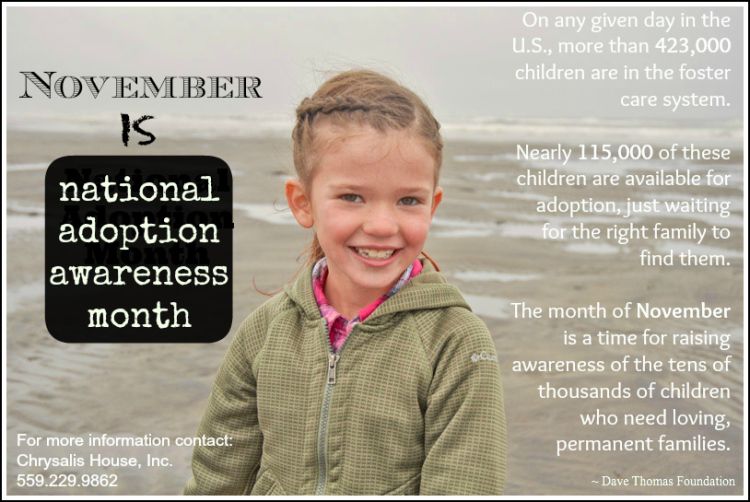 There are moments when I want my son to be with me, but I could not imagine him without his parents. They all fit so perfectly together and there is a sense of pride in knowing that I was part of starting a family. I was so lucky to have my son's parents because I loved them so much that there wasn't enough room for doubt.
There are moments when I want my son to be with me, but I could not imagine him without his parents. They all fit so perfectly together and there is a sense of pride in knowing that I was part of starting a family. I was so lucky to have my son's parents because I loved them so much that there wasn't enough room for doubt.
Woman B: No. There were and are moments when I miss her so immensely that I have to lie down and crawl under the covers to cry. There are also times when all I can think about is what if, but I still know in every fiber of my being that it was the right decision to give her up for adoption.
Woman C: The night I came home from the hospital, I had a terrible nightmare that my daughter had died and it really baffled me. But no matter how difficult it was, I never hesitated, knowing that I made the right decision.
Woman D: I had a few moments when I changed my mind. When I held her alone in my hospital room, I counted her eyelashes and watched her breathe. I sniffed her hair and listened to her heartbeat. I told her that I loved her very much and read her a prayer which I also repeated to my son every night. I thought about taking her home and what I would tell my family if I did, but then I quickly remembered that I had nothing to take her home with. The last chance to change their mind was the day they left to return to their home state. I went to their hotel with my mom and son to say goodbye and hug her for the last time, and I also wanted to hand over the letter I wrote to her. I remember writing: "I carried you in love." I remember my mom saying that it would be okay to change my mind and that she would support me in my decision, but I took a deep breath and realized with tears in my eyes that I had to go through with the adoption.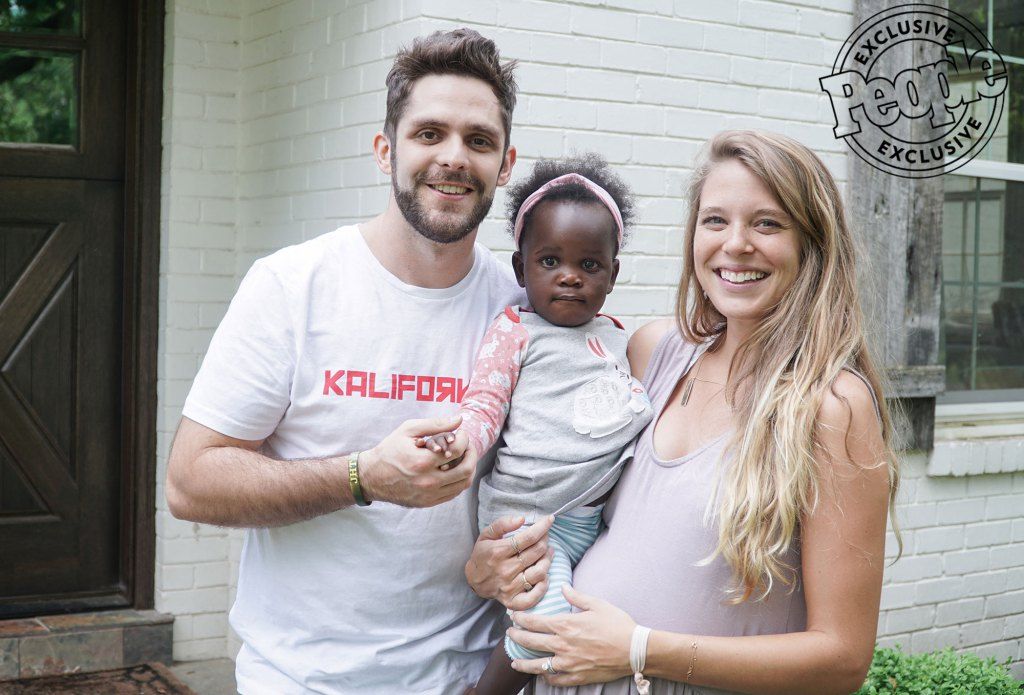
What is your current relationship with your child, if any?
Woman A: My son is only 4 years old so he can't write to me yet but he knows who I am and we had face to face meetings where we played together and held hands. He calls me by my first name and he has an adoption book filled with photos and information packs that my biological father and I filled out. He also talks about me to his parents and says that I had his dreams.
Woman B: My relationship with her is amazing, but first I had to learn. Her family and I had to work to get used to each other, as with any other relationship. My biological daughter calls me whenever she wants and texts me all the time from her mom's phone. Every time I get a message from her, my day gets better. We also see each other often.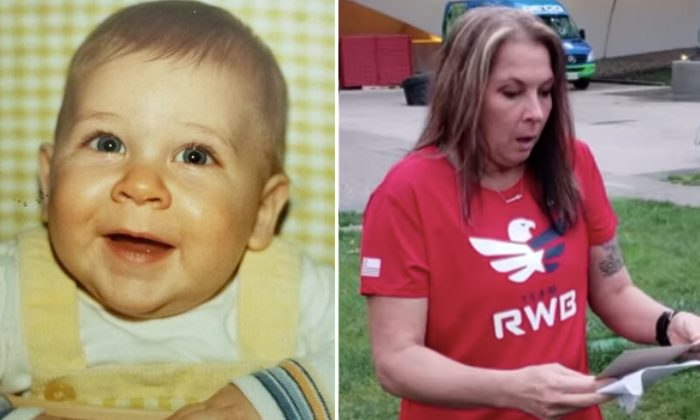 I like that she is now old enough to ask me questions, and I like that I can answer them.
I like that she is now old enough to ask me questions, and I like that I can answer them.
Woman C: We don't have contacts, but I left it up to her if she wants to meet me in the future. I really hope she knows, but if she doesn't, that's fine too. Whatever she wants is the most important thing. The adoption will never be hidden from her. Her adoptive parents have pictures of me to show her if she ever asks, and it was decided that they would tell her as much as she wanted to know, as she began to be interested in it as a child.
Woman D: I have no relationship at all with my biological daughter.
What is your relationship with your family, if any?
Woman A: We have a great relationship.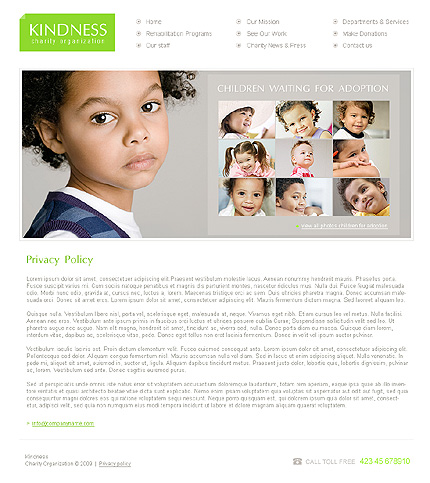 These are the people that I would like to be friends with, even if we did not have a connection with our son. Most of our conversations are about our son, but I also share other details of my life with them. My son's mom loves it when I share photos of our dog. I often write about adoption, I always share my articles with my son's mother, and we discuss them together.
These are the people that I would like to be friends with, even if we did not have a connection with our son. Most of our conversations are about our son, but I also share other details of my life with them. My son's mom loves it when I share photos of our dog. I often write about adoption, I always share my articles with my son's mother, and we discuss them together.
Woman B: I have never met such loving people. They believe in educating her as much as possible and teaching her who she is and why she should be proud of her heritage. They tell her how much I and her biological father love her. Her family and I are family, we just are. We can even do things without my biological daughter and still have a great time. I don't think it would work so well with another family.
Woman C: Every Christmas I get a letter and a photo from them.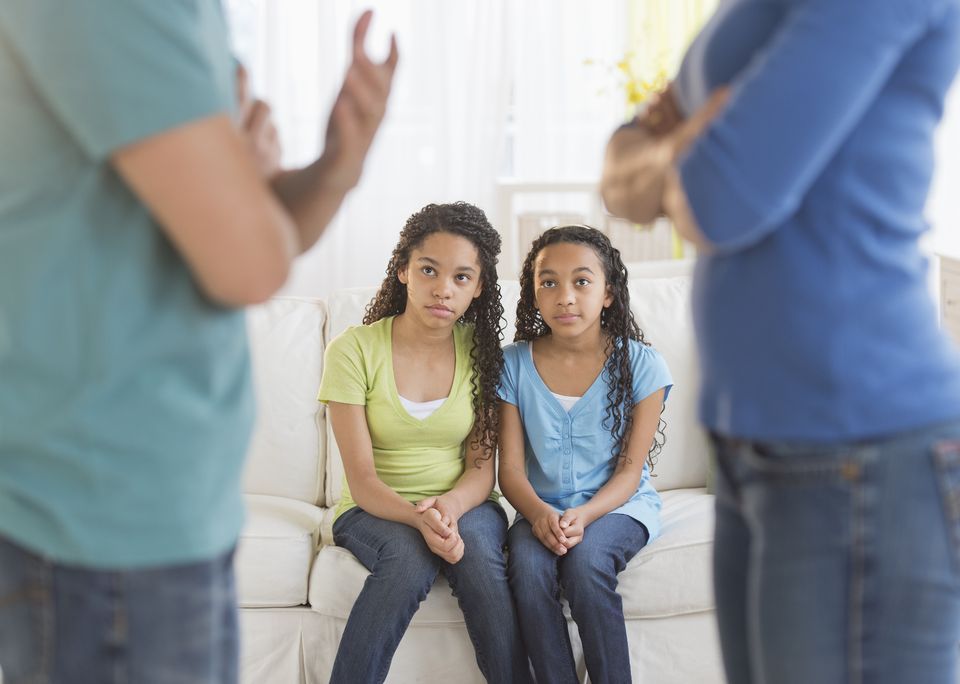 I still want to contact my foster mom and let her know about some of the things I wrote. I have a feeling that she will gladly accept any contact I make with her.
I still want to contact my foster mom and let her know about some of the things I wrote. I have a feeling that she will gladly accept any contact I make with her.
Woman D: I have no relationship with my family at all. This is not my choice. At the time of placement, I agreed to the original agreement of photos and updates every year for the first three years, however, when we were in the hotel room, much more was promised. I knew it was a closed adoption in the sense that I would not have any contact with her. Guess I just didn't think it meant forever. About five years ago, I really wanted to see my hosted daughter, so I contacted the agency and they contacted the foster family. A few weeks later I received an 8x10 photo collage of various photos of her and a letter telling me how wonderful she was doing. Around the same time that the package arrived, I was contacted by representatives of the agency and informed that this would be the last update and photos that I would receive.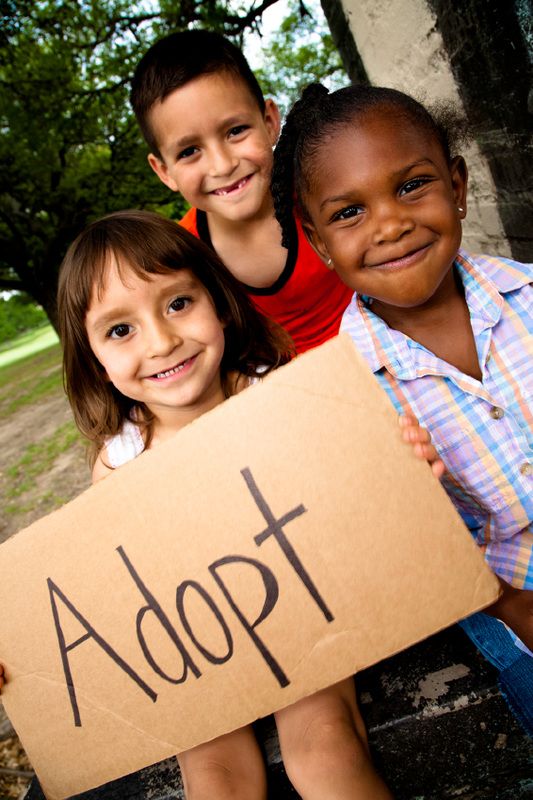 The foster family felt they fulfilled their obligation by providing photographs during the first three years. I was devastated and heartbroken. I couldn't understand how two people who were so grateful and overjoyed at this wonderful gift could be so heartless and withdrawn at the same time. In 2015, I contacted the agency again to see if I could get some photos and news. The agency spent several hours talking to the family on the phone, but unfortunately they stuck to their decision, saying, "This is not what we signed up for." I was heartbroken. I was informed that they would accept some photos from me, and in December 2015 I went to the agency and handed over a letter, a scrapbook that had photos of all my family members, and a bound book our family tree going back to the 1600s . I wanted her to know where she came from. At the end of the album, I also wrote down our nightly prayer so that she would always have it. In January I received confirmation that the agency had sent my package to my family, but to date I have not heard from them.
The foster family felt they fulfilled their obligation by providing photographs during the first three years. I was devastated and heartbroken. I couldn't understand how two people who were so grateful and overjoyed at this wonderful gift could be so heartless and withdrawn at the same time. In 2015, I contacted the agency again to see if I could get some photos and news. The agency spent several hours talking to the family on the phone, but unfortunately they stuck to their decision, saying, "This is not what we signed up for." I was heartbroken. I was informed that they would accept some photos from me, and in December 2015 I went to the agency and handed over a letter, a scrapbook that had photos of all my family members, and a bound book our family tree going back to the 1600s . I wanted her to know where she came from. At the end of the album, I also wrote down our nightly prayer so that she would always have it. In January I received confirmation that the agency had sent my package to my family, but to date I have not heard from them.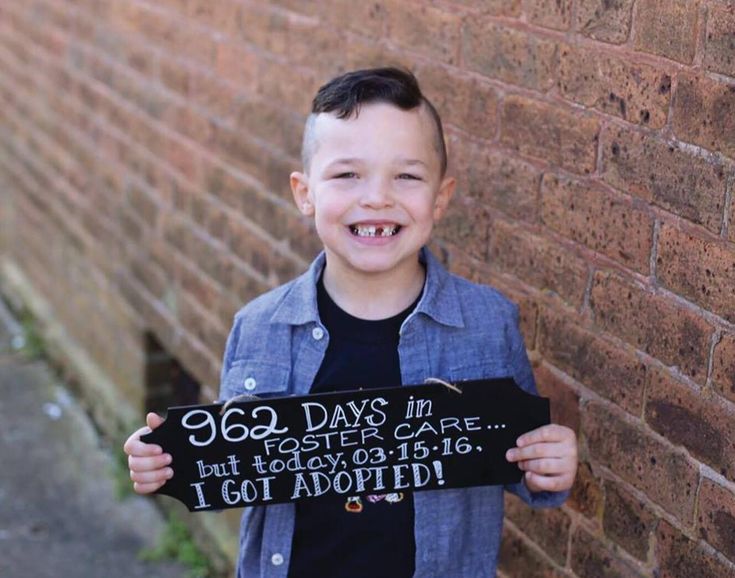 Although my adoption did not turn out to be a perfect adoption for us, this does not mean that adoption is not a pretty thing.
Although my adoption did not turn out to be a perfect adoption for us, this does not mean that adoption is not a pretty thing.
Are you still thinking about the baby?
Woman A: All the time. I think of him when I see other children his age, or when I see a little boy's clothes and toys in the store. I think of him whenever I see trains (he loves them) or when I talk to his biological father. Our son looks just like him. I also think of him whenever I look at his biological father because they are very similar. It is also my phone background and I love sharing pictures of it with my friends.
Woman B: I think about her every day, several times a day. I love her very, very much. My children know about her. There are pictures of her and her family in our house.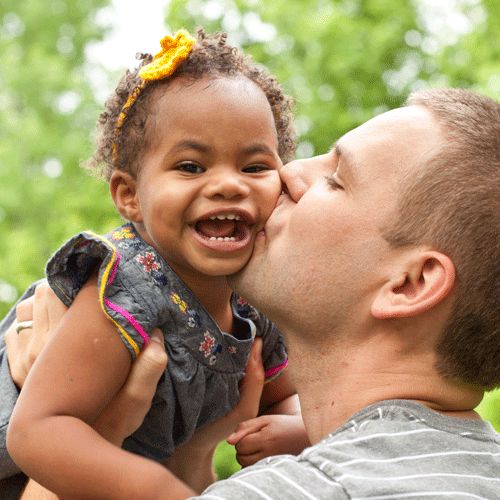 I will never stop thinking about her.
I will never stop thinking about her.
Woman C: All the time. She is now 11 years old and I wonder what she is like and if we will meet someday.
Woman D: I think about her every day. Her photograph hangs in the hallway along with the rest of the family photos. Every night, when we put our children to bed, we pray and mention her every time.
What do you think of your decision to choose to adopt now?
Woman A: For the most part I like it. I still have some negative associations with what happened to my family after I made the decision, but I'm happy about the adoption itself. I am so glad that my son has wonderful parents who do so many wonderful things for him. They made my decision so easy and peaceful, even though it was still the hardest thing I've ever done.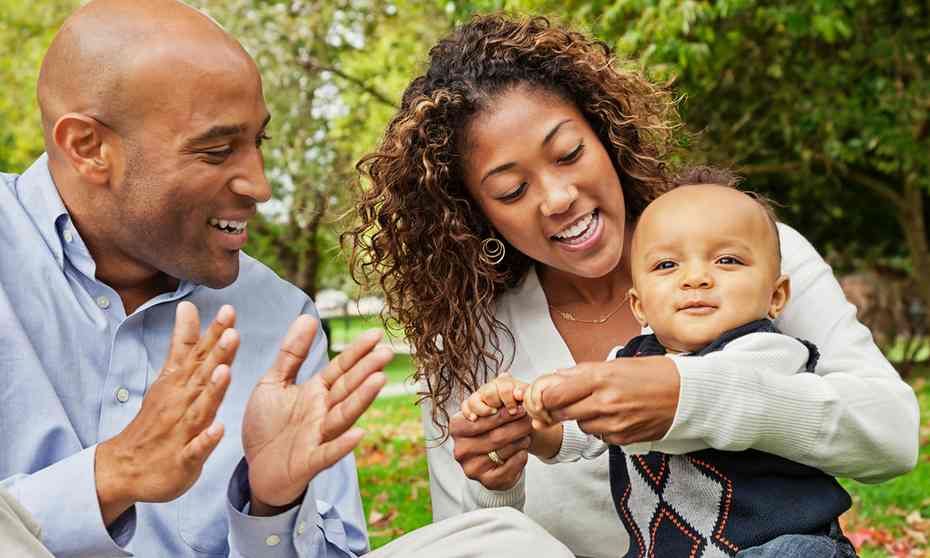 I was very lucky.
I was very lucky.
Woman B: This is still the hardest thing I've ever done. My heart hurts when I think about those moments in the hospital, about the placement, and then about the grief after the placement. I can't believe I survived this.
Woman C: I am really happy that I made this choice. I have had an incredible journey since adoption and I know she is an amazing young woman. She is so talented and full of life. In my own way, I've made a difference in someone's life, and that's cool.
Woman D: I would like someone to explain to me what my rights are and that it would be possible to voice what I wanted to happen in my adoption.
If you could change anything about your adoption experience, what would it be?
Woman A: I'm sorry I didn't have the courage to discuss my decision with my family and make things easier for them, but other than that, I'm not sorry and I'm happy with how things turned out.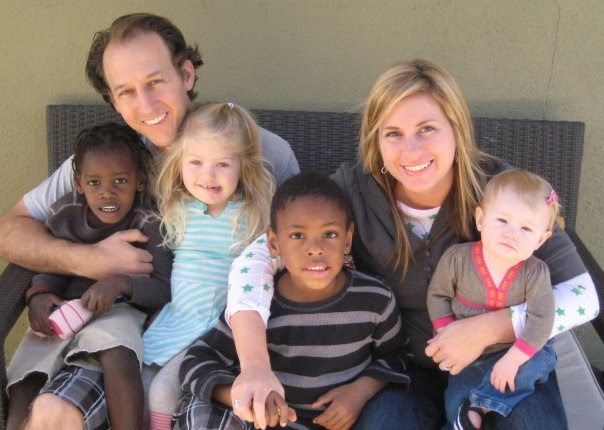 It gave me the motivation to change my life and really do something with it.
It gave me the motivation to change my life and really do something with it.
Woman B: I wish the agency helped me more and that I was able to get professional advice earlier in the process. I also wish the biological father was more involved, but you can't change other people. I want my parents to have more of a desire to be involved in her life. I would like them to see what a beautiful person she is and want to communicate with her more, but I think it is too difficult for them.
Woman C: I wish I could find someone to help me through the post-adoption process. I kind of got lost for a while. I couldn't handle the pain I was feeling, so instead I fell into a constant stream of destructive behavior. I punished myself because I was afraid that my unwillingness to become a mother had let her down. Later I realized that my choice put her on a better path and that I had the opportunity to make something really great out of myself.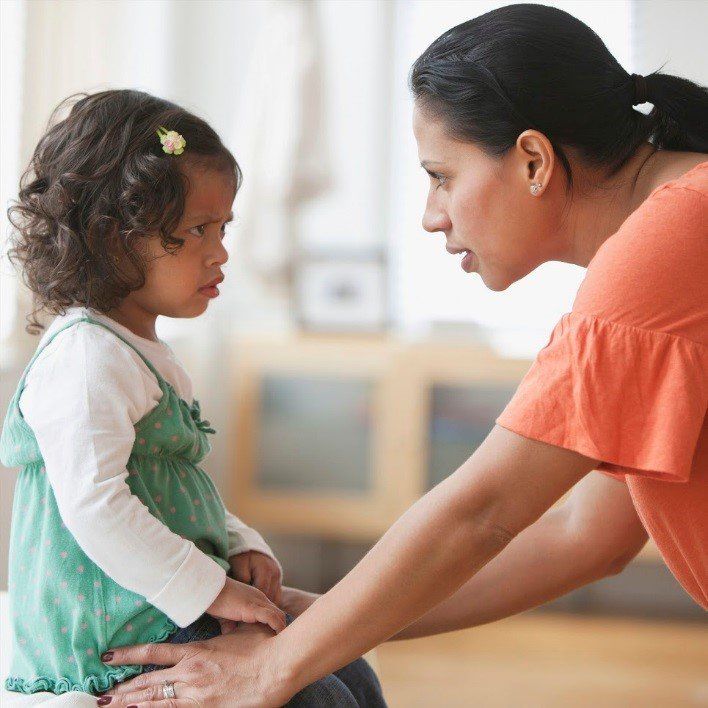 I wanted my daughter to be proud. I wish I understood this earlier.
I wanted my daughter to be proud. I wish I understood this earlier.
Female D: I would prefer an open adoption.
What advice would you give to others who are considering adopting a child?
Woman A: I always tell people who are considering adoption to look for stories from biological parents, not just stories of positive experiences. Read about biological parents who are forgotten, who are struggling, who desperately want their children back. Then read about people like me who love the parents of their children and who have a great agency to help them. Read about foster parents and their challenges. Most importantly, read the stories of adoptees who are often repulsed and not listened to. Understand that your placement decision will also affect your child and weigh the consequences.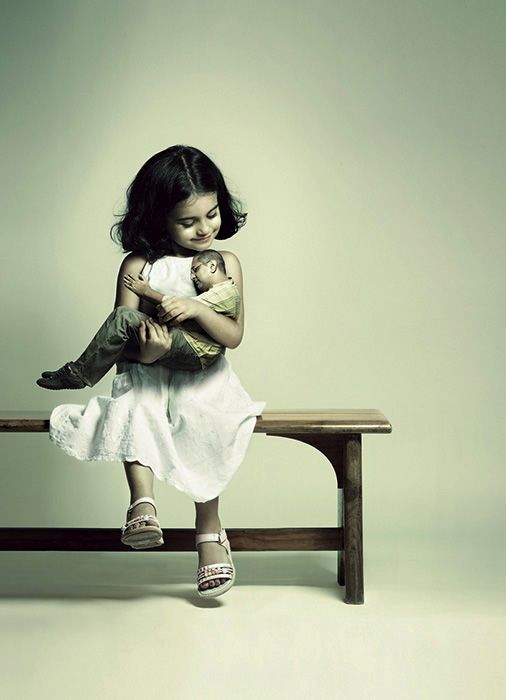 Find an agency that will protect you and offer you all possible options, not just the ones they need. Create a support group of other biological parents and reach out to them. It took me so long to reach out and I wish I had done it sooner. Get therapy if you need it, especially after installation. Listen to your intuition and don't let anyone push you into something you're not 100 percent behind.
Find an agency that will protect you and offer you all possible options, not just the ones they need. Create a support group of other biological parents and reach out to them. It took me so long to reach out and I wish I had done it sooner. Get therapy if you need it, especially after installation. Listen to your intuition and don't let anyone push you into something you're not 100 percent behind.
Woman B: Research adoption, read the stories of other birth mothers and see if this is what you want to do. I think many women are influenced by other people's suggestions or pushed to choose what other people want. I believe that women should be fully informed in their choices so that they can try to understand the pros, cons, and consequences. Make sure your agency or attorney will schedule professional advice for you. I also want them to know that they are not alone. Everywhere I go, I meet my biological parents.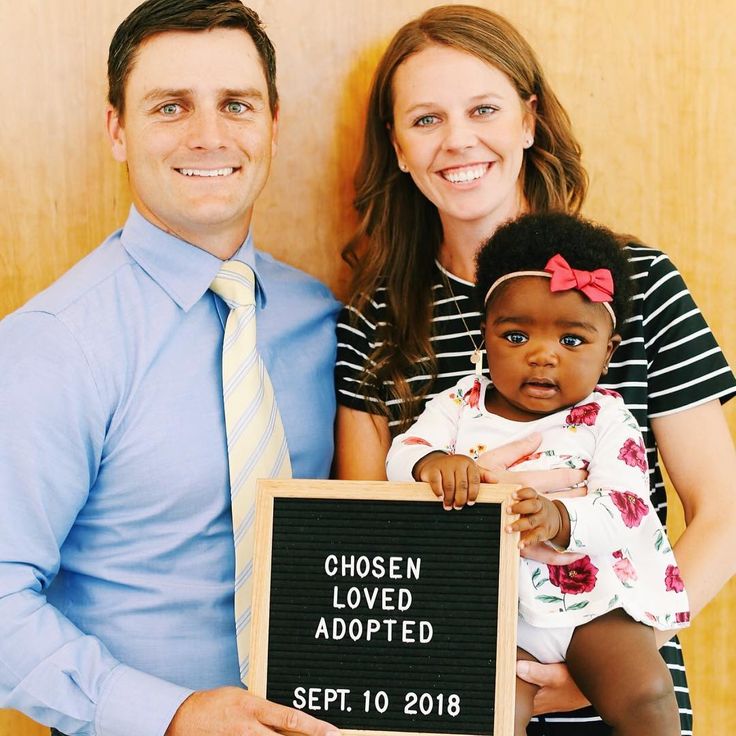 They are everywhere. We are a community and a support army.
They are everywhere. We are a community and a support army.
Woman C: Everyone must choose what suits him and his child. I think adoption is a really great option that shouldn't be overlooked.
Female D: The most important piece of advice I would give to people considering adoption is to write down what you expect and how much you want to be involved in the life of your biological child and adoptive family. Thus, when you are considering potential adoptive families, you can compare this to their expectations.
Follow the lane on Twitter and Instagram .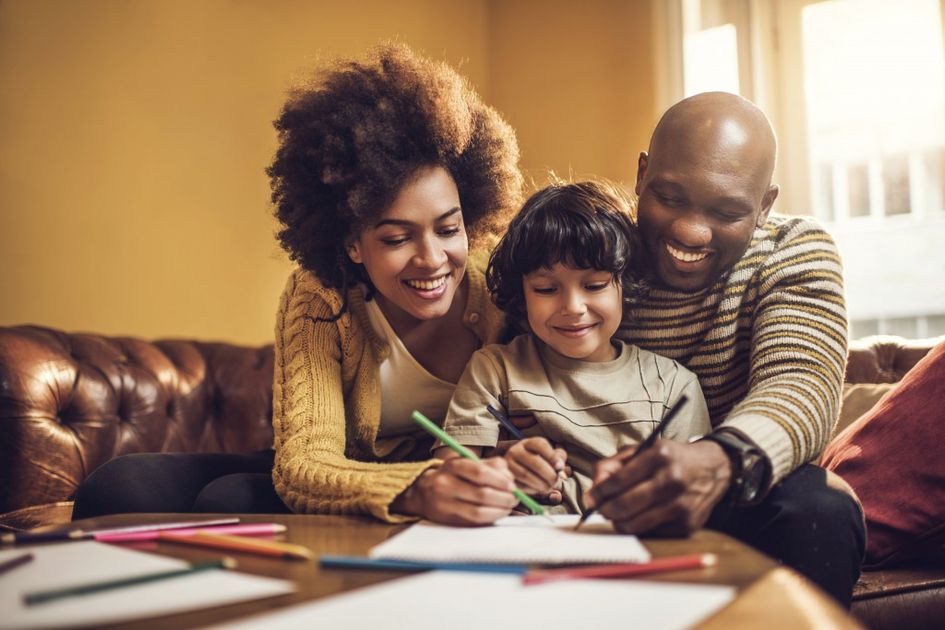
give a child up for adoption - 25 recommendations on Babyblog.ru
This essay will be shorter. I realized that when discussing various topics on raising children, it is very important not only to talk about your experience, but also to ask competent questions. The fact is that the experience of each particular family is very narrow, and the components of life, such as religion, values, material wealth, the childhood experience of parents, are all very different.
It would be wonderful if each particular family found its own personal path - one that would help all its members become happier and more harmonious. In general, there are questions for reflection in this article.
Today I was talking to a friend, she is a unique woman: she is beautiful, smart, has been doing charity work for many years, but most importantly, she is a foster mother. I adopted a girl two years ago. Today she sent me a video of Bert Hellinger constellations on adoption.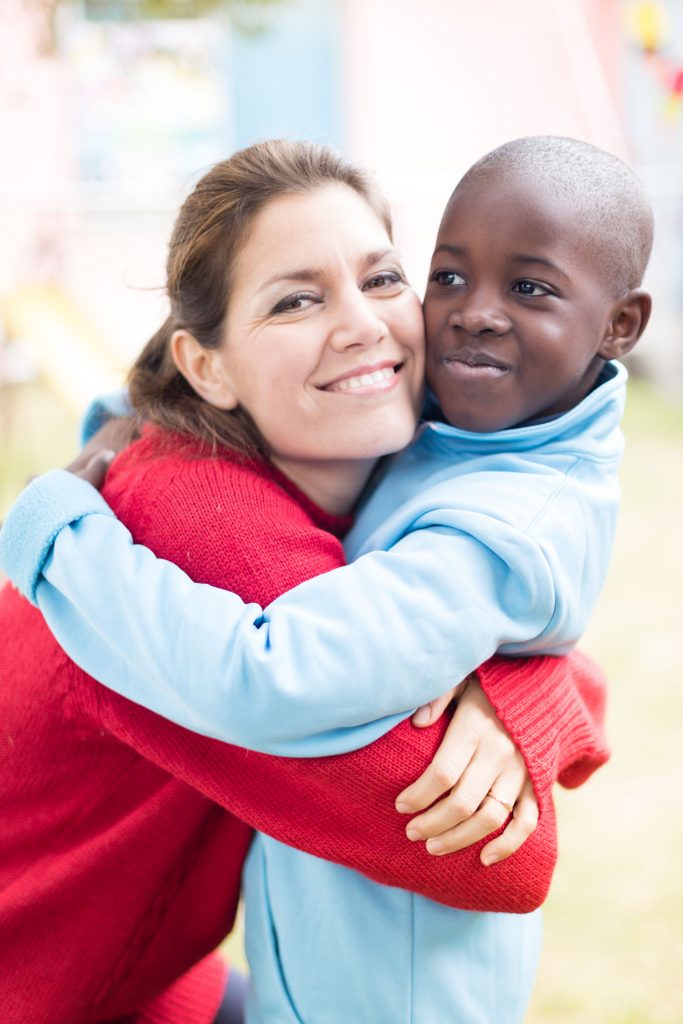 The uniqueness of the video is that the arrangement is conducted by the author of this method himself, the essence of the following question is clearly shown: "The attitude of the child himself to the blood parents."
The uniqueness of the video is that the arrangement is conducted by the author of this method himself, the essence of the following question is clearly shown: "The attitude of the child himself to the blood parents."
I know that for many this question will cause a violent reaction and bewilderment: “What attitude can there be, the mother abandoned our little blood, and we are real parents, we raised the child and taught everything!”. It's all right, it's not!
Answer a few questions honestly for yourself:
- how do I feel about blood (not biological, but blood - this term is closer to the truth and the message changes dramatically) to the parents of my adopted (or foster) child;
- how do biological parents influence the fate of our adopted (or foster) child;
- how do I feel about the secret of adoption (indifferent, afraid, angry, crying)?;
- what is the message of my thought for our adopted (or foster) child when I tell him (I will tell him in the future) or think about blood parents?
Recently I have read the book “A Child of Two Families” by Lyudmila Petranovskaya, I highly recommend this author, she is a psychologist and has been working with foster parents and studying the phenomenon of adopted children for 15 years.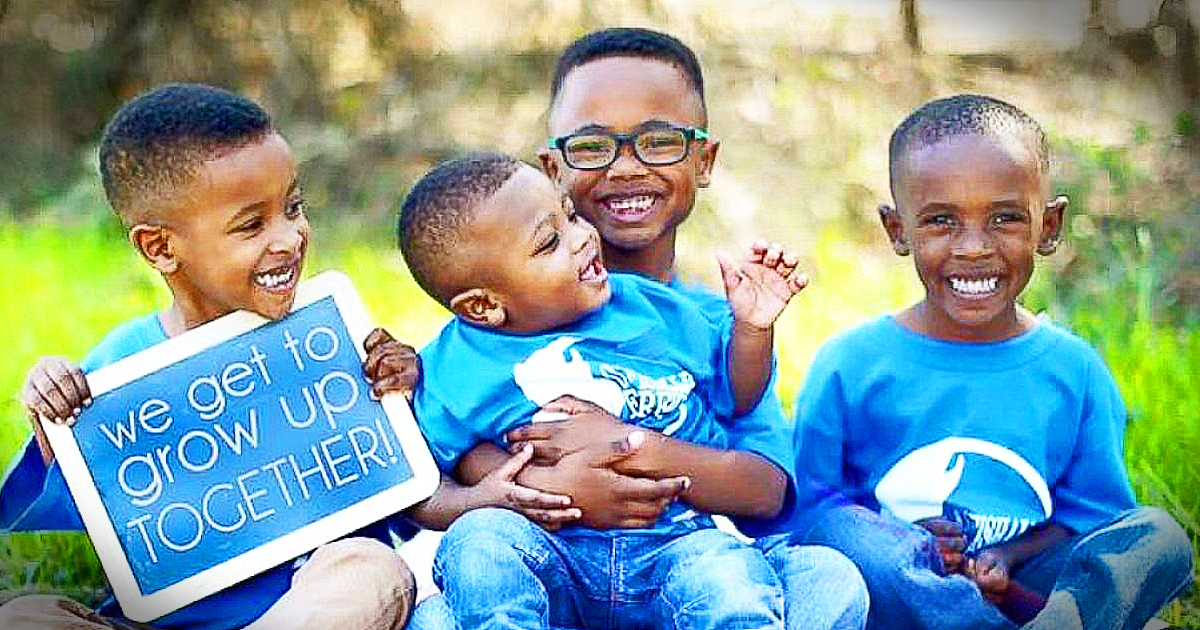 The fact is that you need to clearly understand and respect the fact that this child was born thanks to the blood parents, and not the adoptive ones. This child is not your blood and flesh, but the very woman who gave birth to him and the very man who is the blood father.
The fact is that you need to clearly understand and respect the fact that this child was born thanks to the blood parents, and not the adoptive ones. This child is not your blood and flesh, but the very woman who gave birth to him and the very man who is the blood father.
Now think about what a child experiences who, on the one hand, is loved by foster parents, and on the other hand, a part of him is rejected, if there are negative feelings. For example: you have a beloved mother with whom you communicate very well, and there is a spouse (wife) whom you love very much, but they “can’t stand each other” with each other. Do you think how they behave towards you - is this true love? If a person loves, after all, he gives and is happy with this, and everything in his life multiplies from this, and in return he receives many times more love.
If your spouse doesn't love or hate your mother, they don't love or hate part of you as a whole person. A wonderful denouement is if the spouse (a) has realized this fact, accepted and works with his feelings and emotions. Thus, he did not transfer responsibility to someone, but turned on the position of an “adult” and solves this problem himself, observing the commandment “Honor your father and your mother, so that your days may be long on the land that the Lord your God gives you” (Exodus 20:12) is an example from the Bible, but in all religions, respect for parents is the basis of life).
Thus, he did not transfer responsibility to someone, but turned on the position of an “adult” and solves this problem himself, observing the commandment “Honor your father and your mother, so that your days may be long on the land that the Lord your God gives you” (Exodus 20:12) is an example from the Bible, but in all religions, respect for parents is the basis of life).
Hard to learn, easy to fight. I do not call to love the blood parents of your children, but you can try to accept them, find a good place in your heart for them, regardless of the situation in life. In this case, whether you keep the adoption secret or not (this is the topic of another essay), your child will feel your absolute acceptance and respect for himself as an individual. This will greatly help you to be close to your adopted (or foster) child in any life situation.
If we talk about our personal experience, then the fact of absolute acceptance of the blood parents of my children came to me even before they themselves appeared in our family (thank God!). Yes, I know they are antisocial individuals. Yes, I know that these people left their children, but I accept them as a very important part of our children's lives, and I thank them for giving us the opportunity to be realized as parents. We spend every birthday of our boys in the church, I thank God for giving them to us, and I ask him to help the blood parents realize the fact of their deed, repent during their lifetime and try to beg for their forgiveness.
Yes, I know they are antisocial individuals. Yes, I know that these people left their children, but I accept them as a very important part of our children's lives, and I thank them for giving us the opportunity to be realized as parents. We spend every birthday of our boys in the church, I thank God for giving them to us, and I ask him to help the blood parents realize the fact of their deed, repent during their lifetime and try to beg for their forgiveness.
Some will say that this is too humane, but I do not want to take on the functions of God and decide who is guilty and who is not. Life has given us such an invaluable gift, which means that it is so conceived from above. When I interact with other adoptive parents, I see happiness and love, but often she is very selfish. I urge you, my dear ones, to be more humane and start the most beautiful metamorphoses in the lives of our children "from the inside out", i.e. Start with yourself and your feelings and emotions, as Stephen Covey said in his best-selling book, The 7 Habits of Highly Effective Families.
